#PodSaveChocolate Archive – Episodes 101+
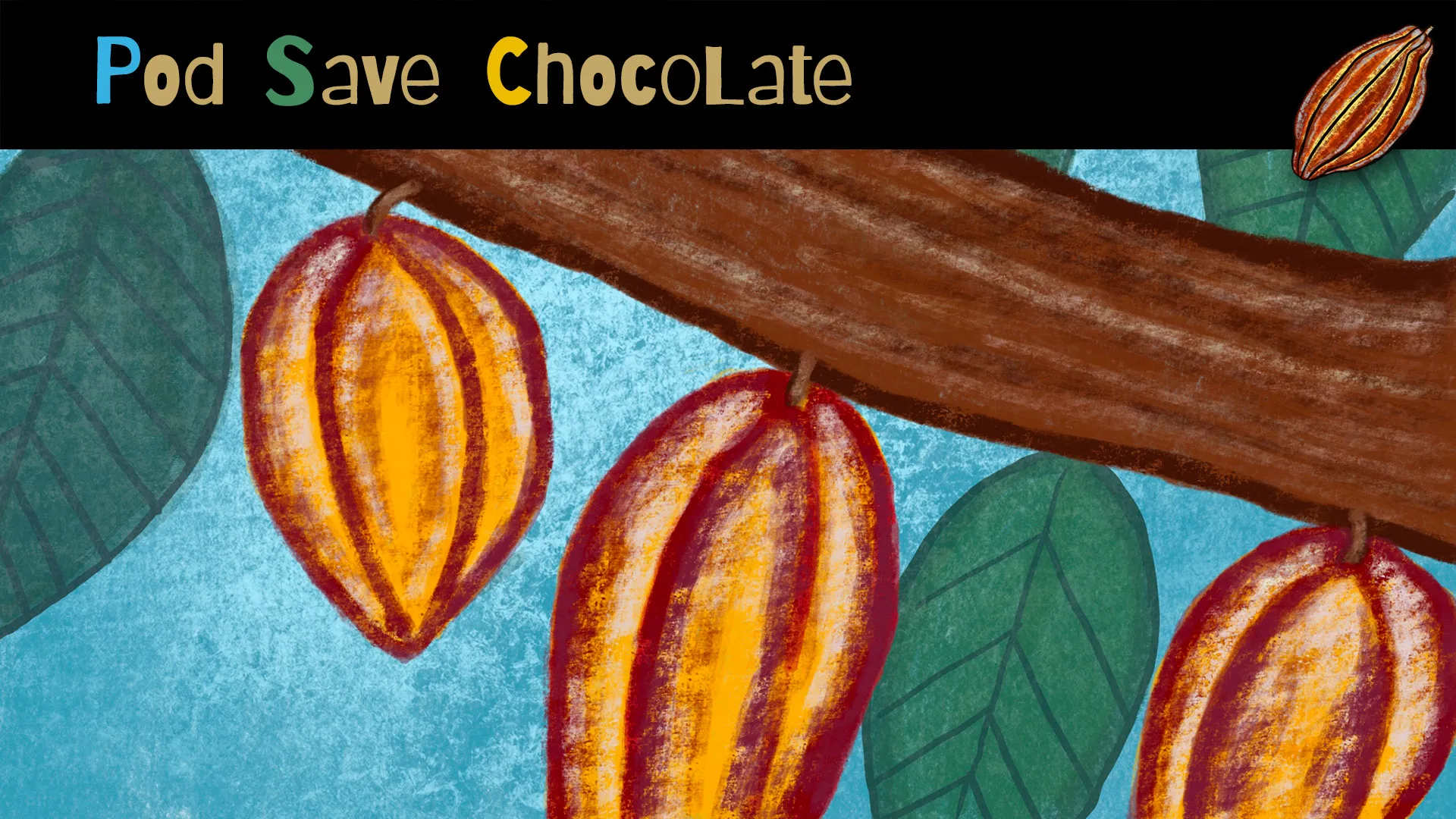
News, views, and conversations on topics in cocoa and chocolate streamed live to YouTube, LinkedIn, and Facebook. #PodSaveChocolate! [ Updated Jan 5th, 2026. ]
Episodes 101 - 200
»» 2026 Episodes ««
February

Ep 182 | Fri Feb 20th
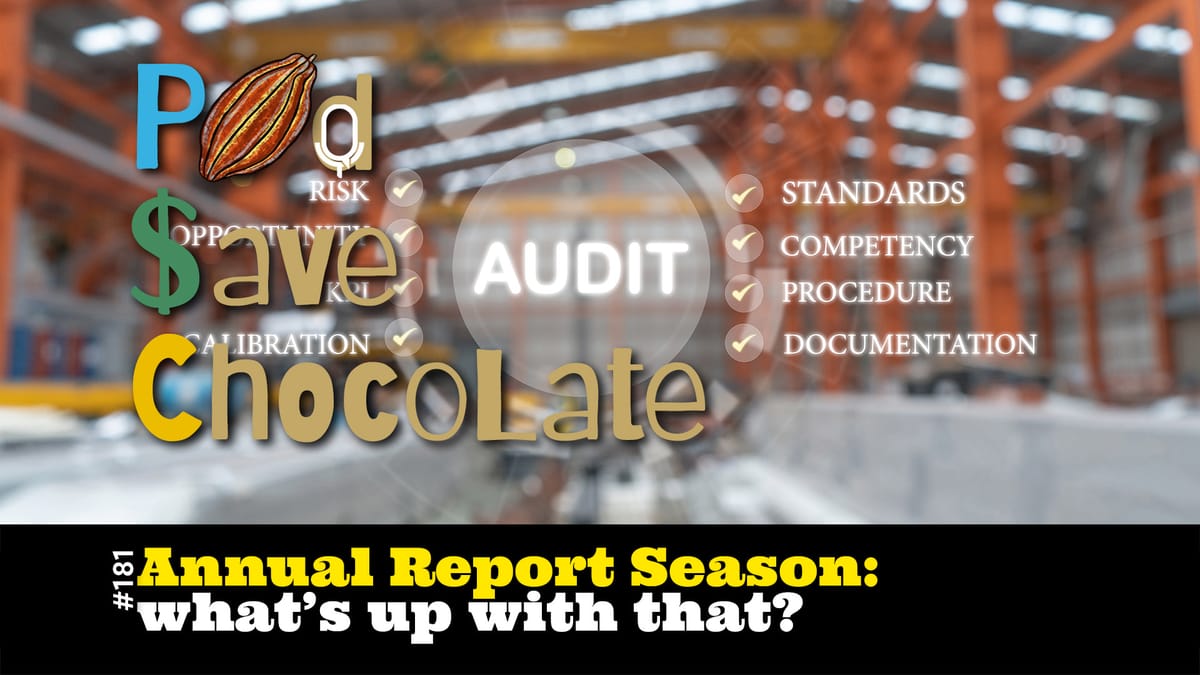
Ep 181 | Tue Feb 17th

Ep 180 | Fri Feb 13th
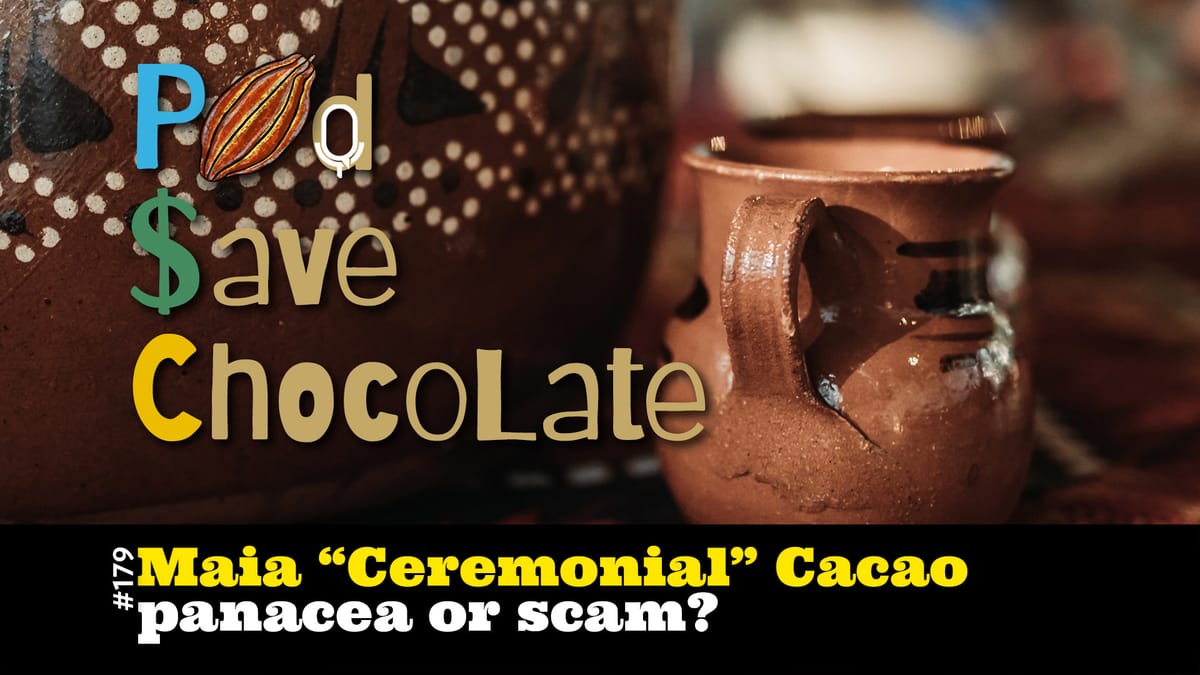
Ep 179 | Tue Feb 10th
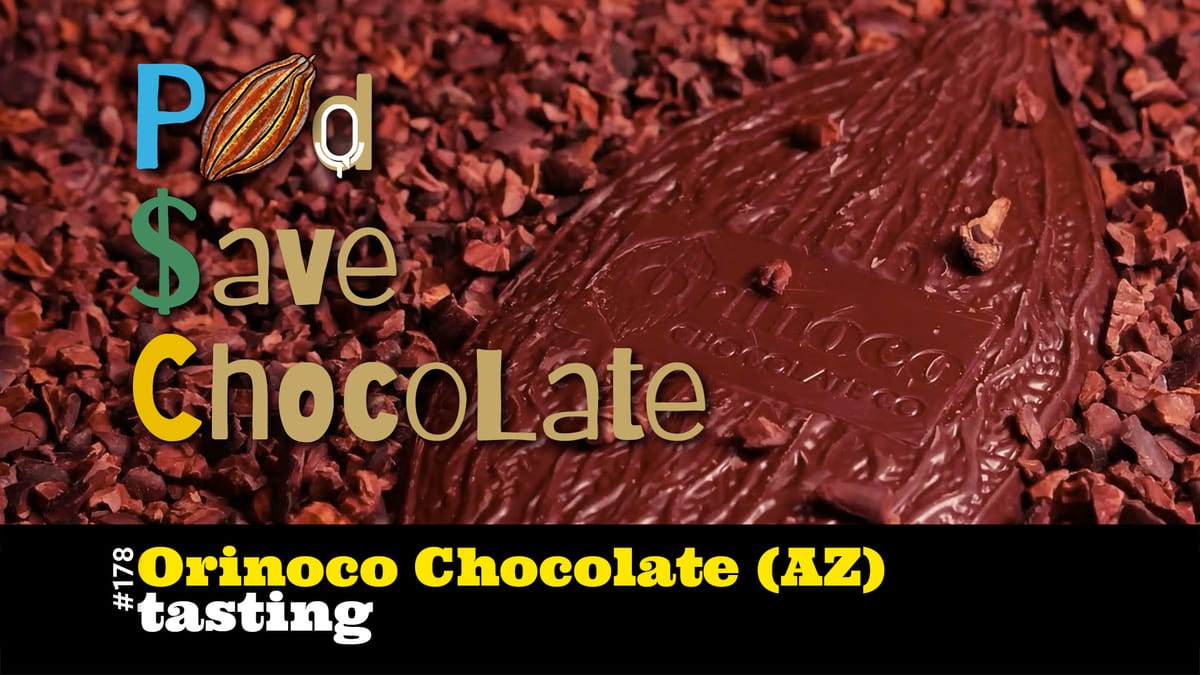
Ep 178 | Fri Feb 6th
January

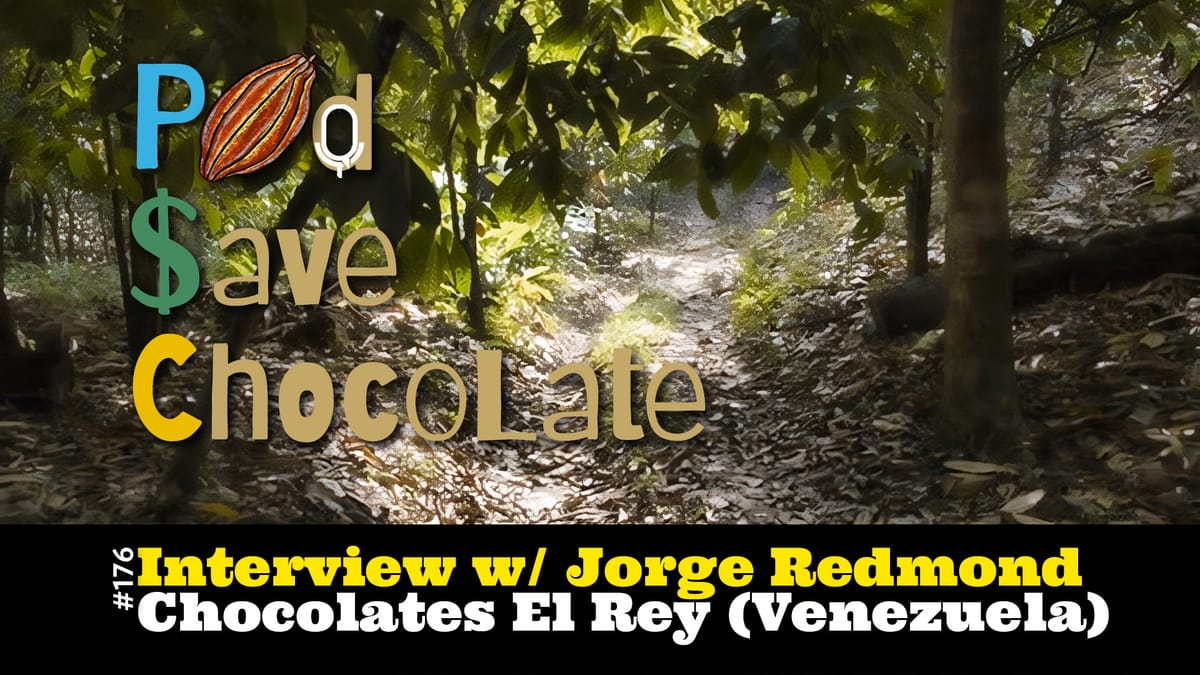
This episode was not completed due to technical difficulties. I am still trying to reschedule it.

Ep 175 | Tue Jan 13th
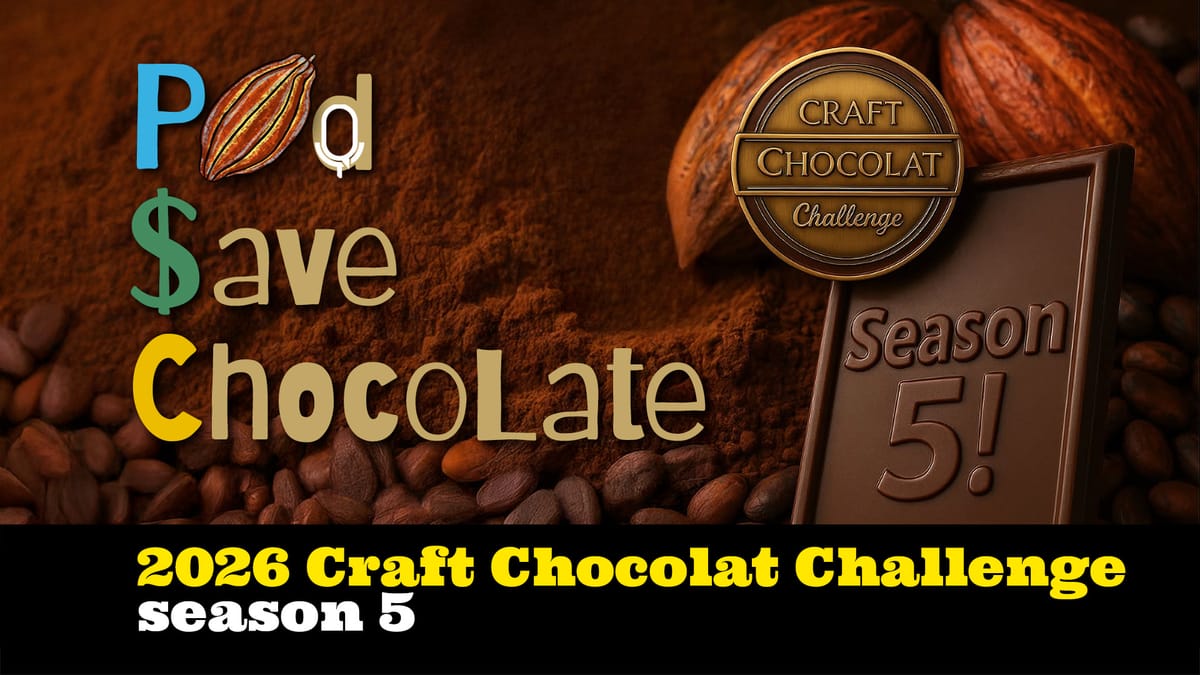
Ep 174 | Fri Jan 9th
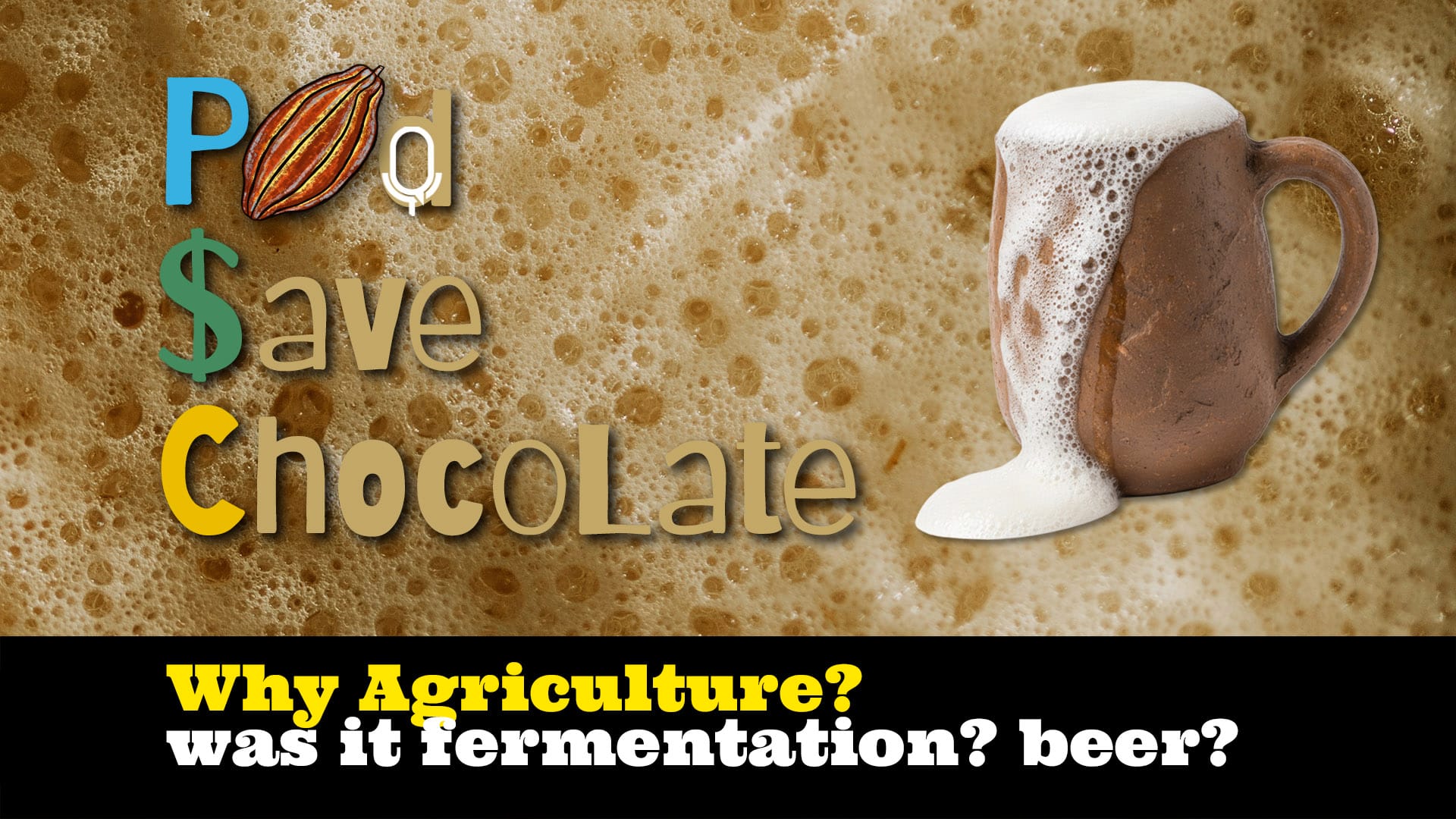
Ep 173 | Tue Jan 6th

Ep 172 | Fri Jan 2nd
»» 2025 Episodes ««
December
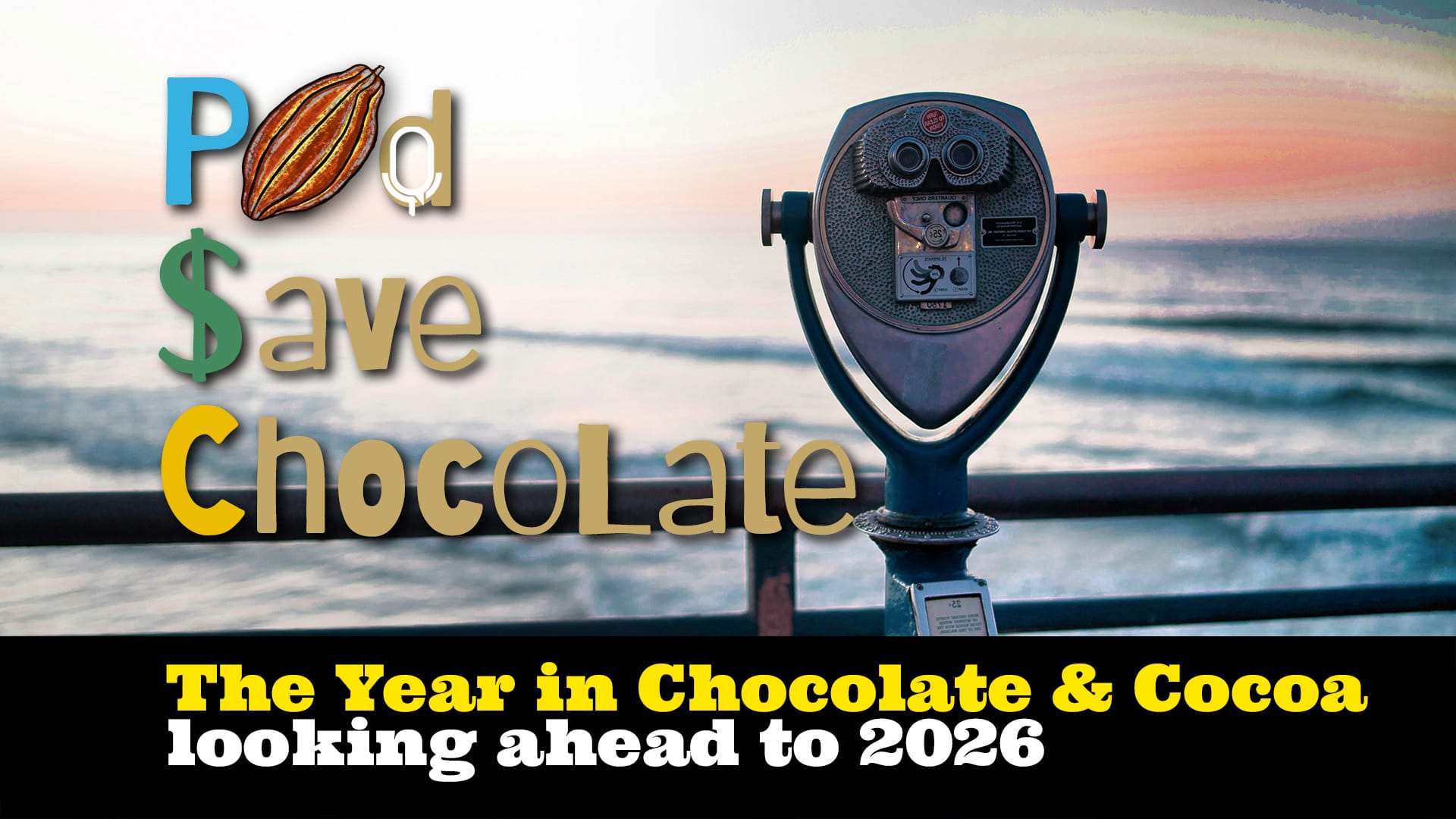
Ep 171 | Tue Dec 30th

Ep 170 | Fri Dec 26th

Ep 169 | Tue Dec 23rd

Ep 168 | Fri Dec 19th

Ep 167 | Tue Dec 16th

Ep 166| Fri Dec 5th

Ep 165 | Tue Dec 2nd
November

Ep 164 | Fri Nov 28th
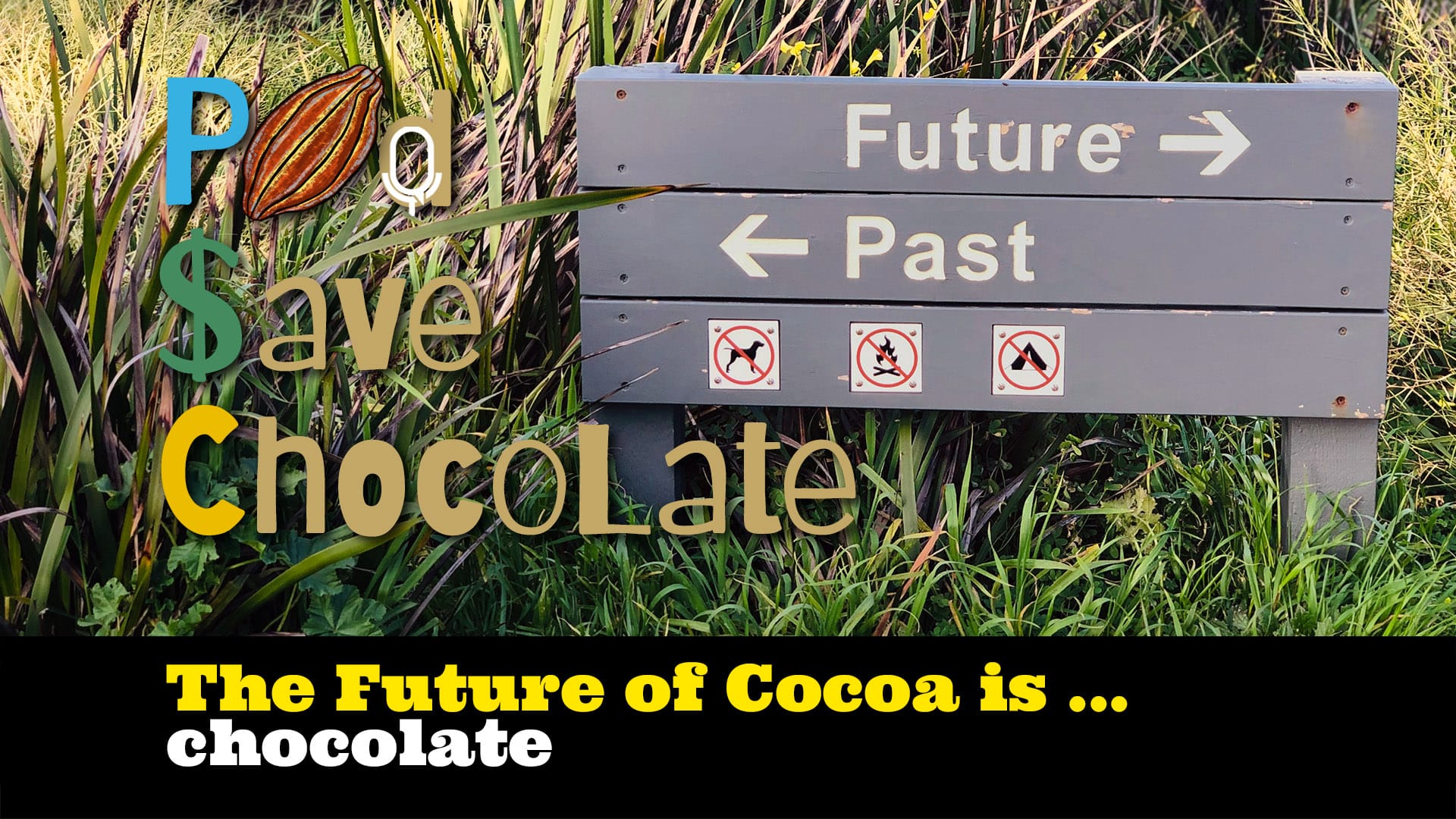
Ep 163 | Tue Nov 18th

Ep 162 | Fri Nov 14th
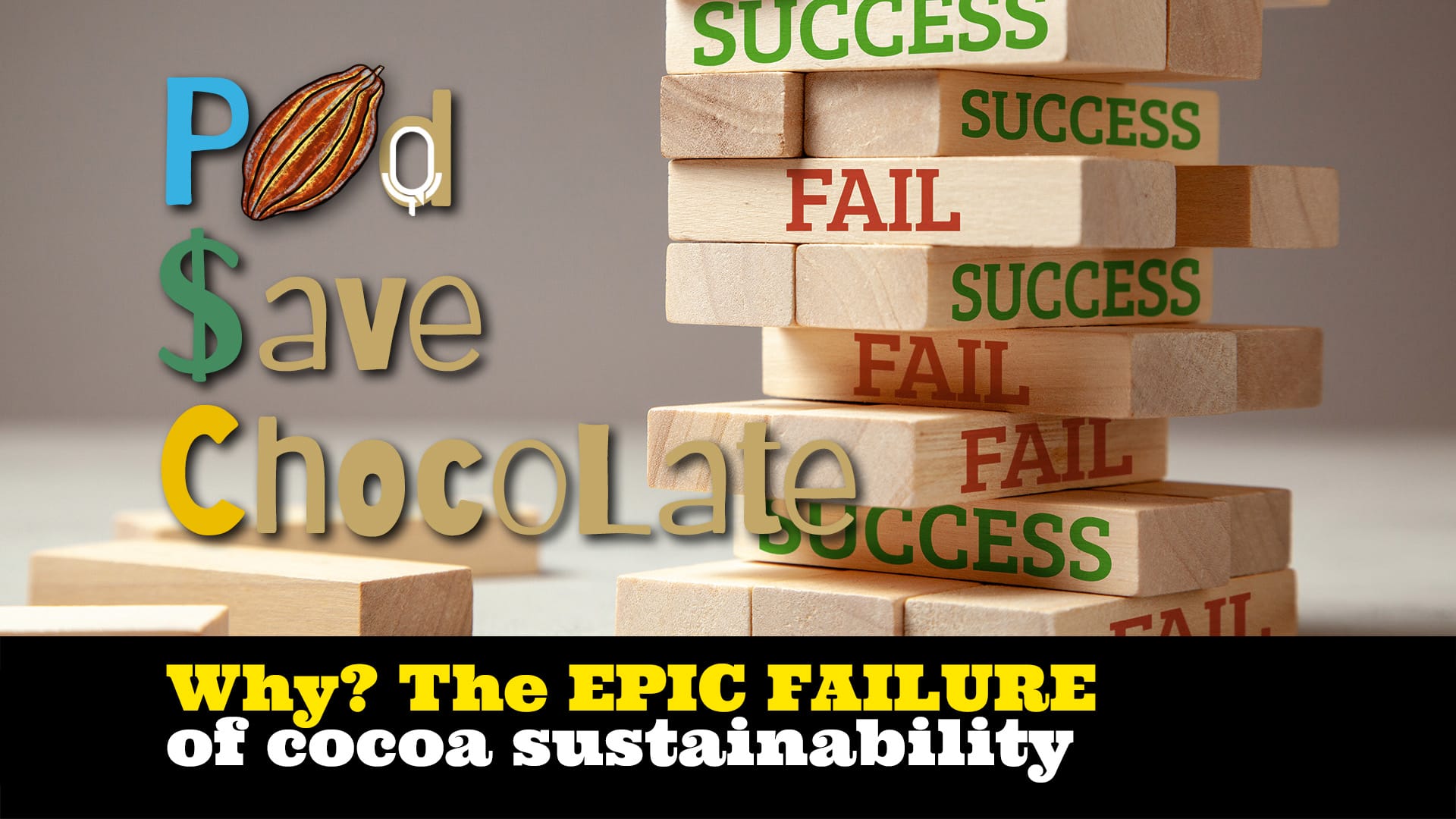
Ep 161 | Tue Nov 11th
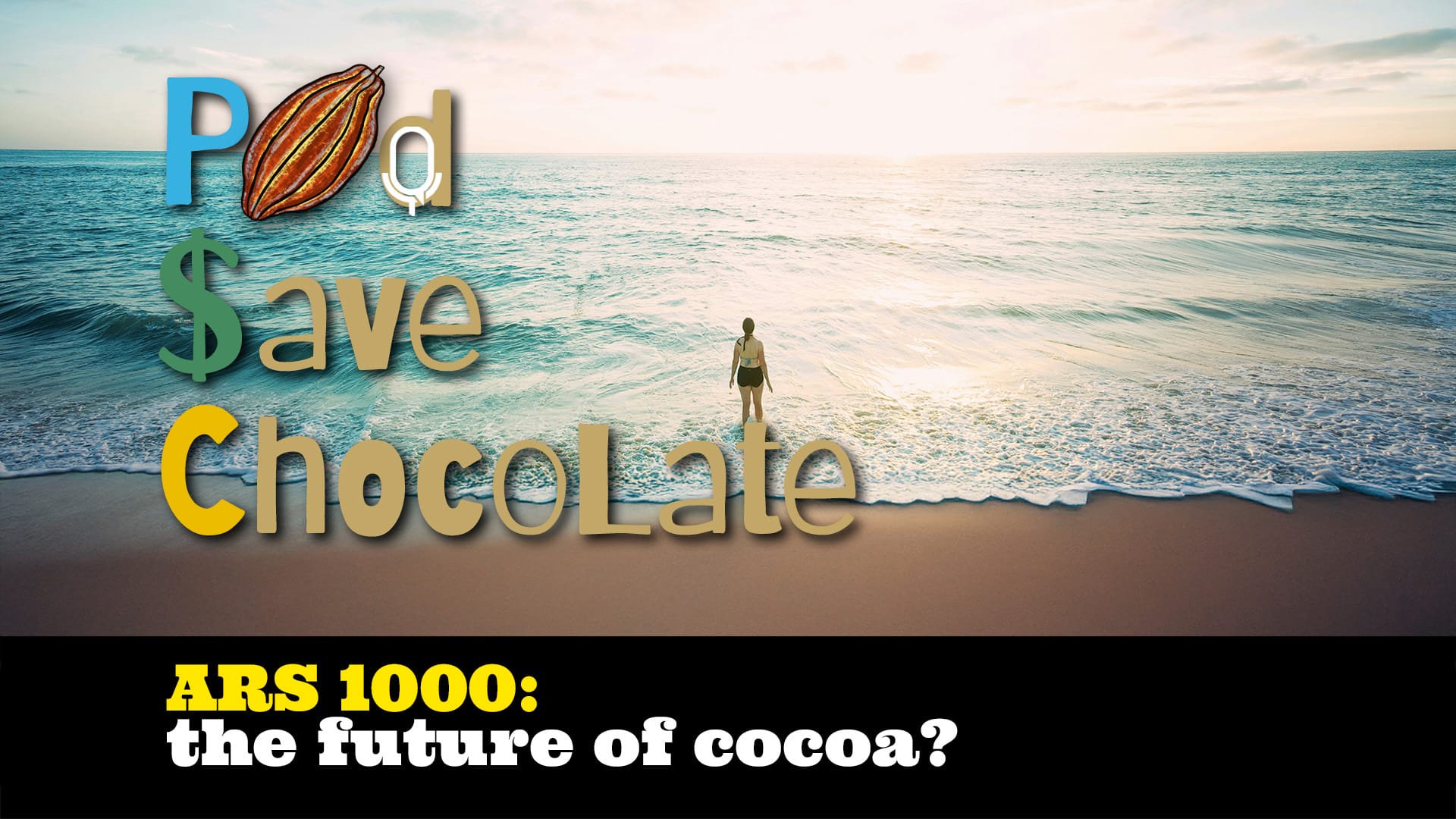
Ep 160 | Fri Nov 7th
October

Ep 159 | Fri October 31st
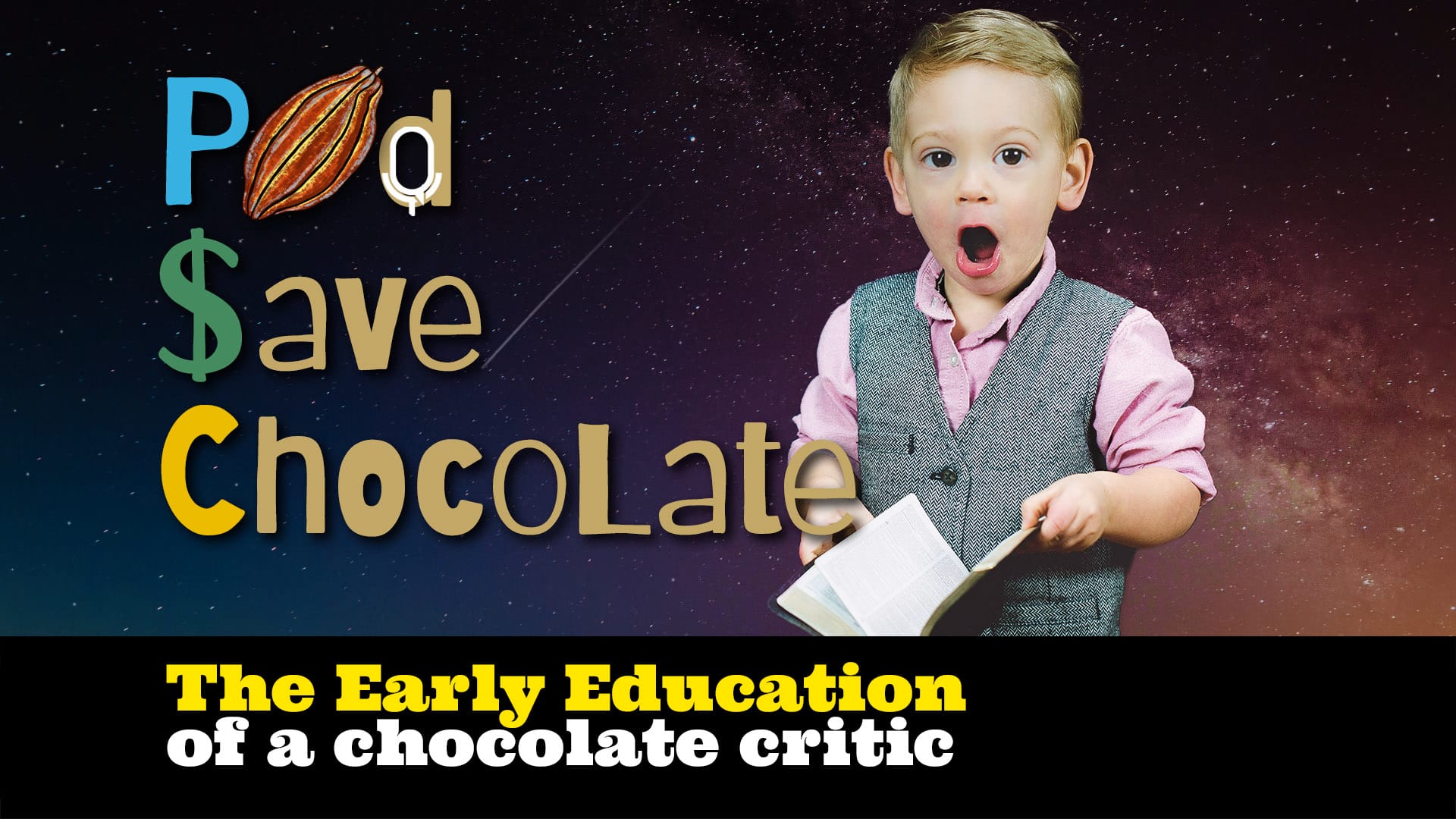
Ep 158 | Tue October 28th
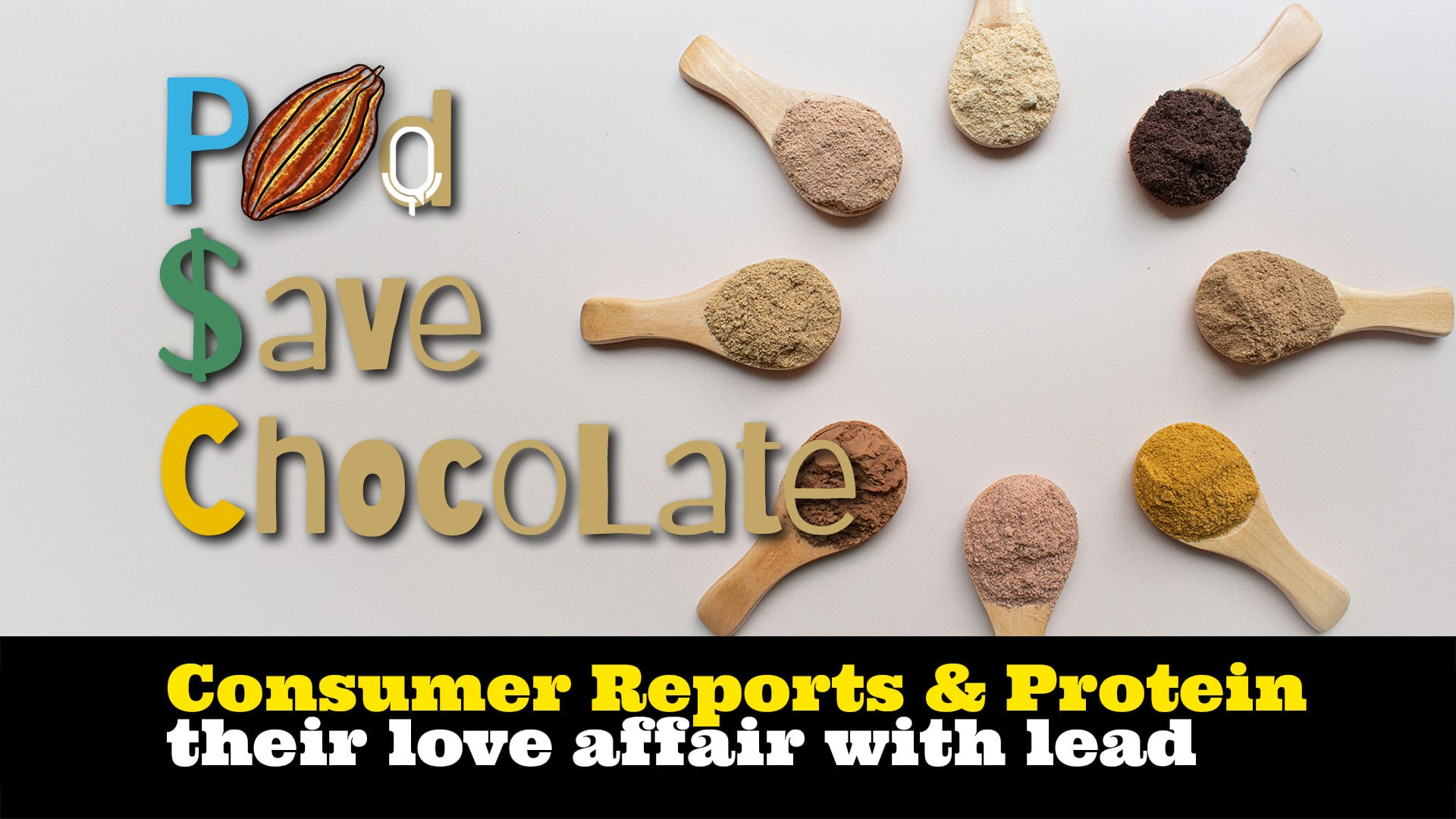
Ep 157 | Fri October 24th

Ep 156 | Tue October 21st
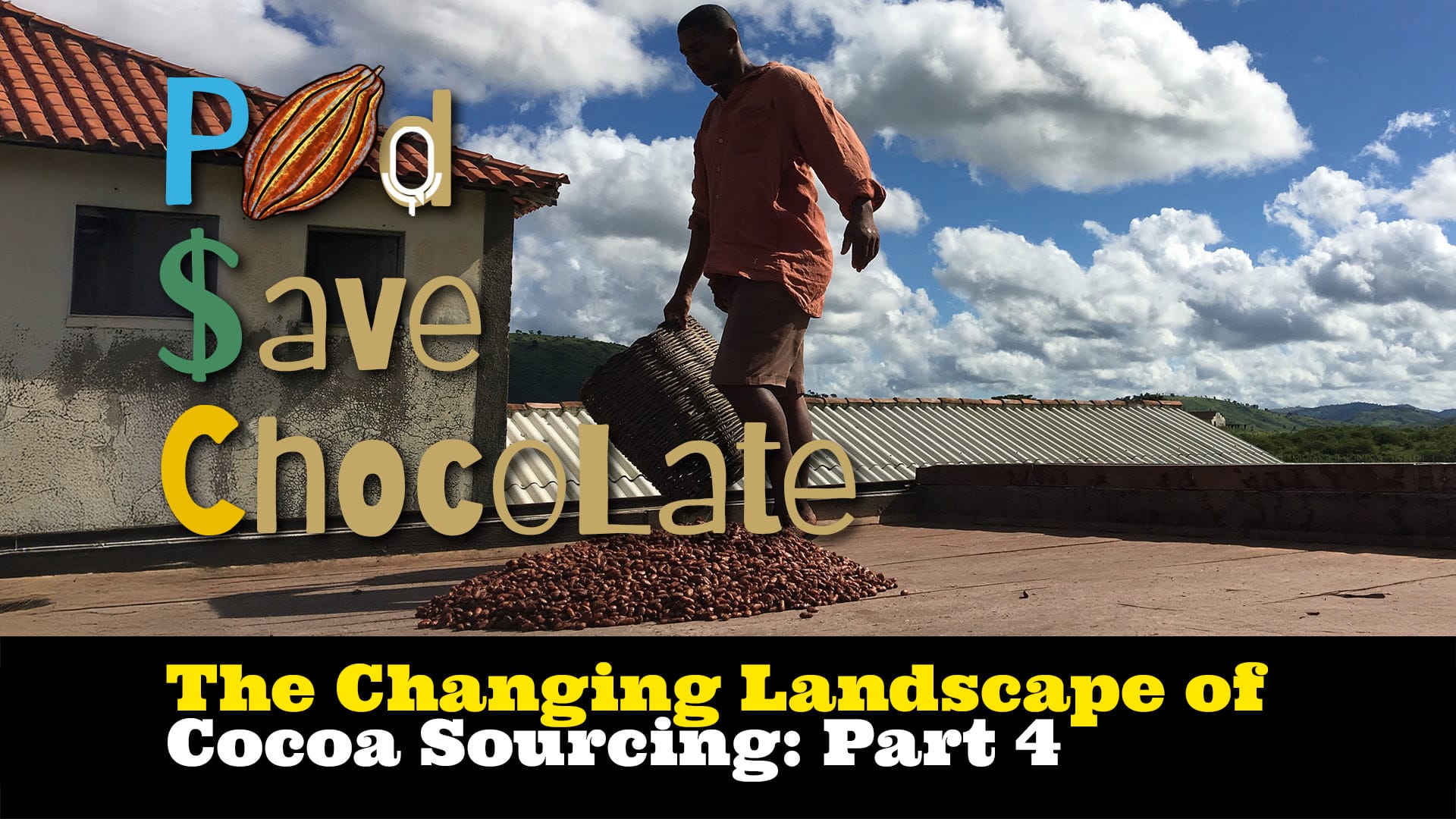
Ep 155 | Fri October 17th

Ep 154 | Tue October 14th
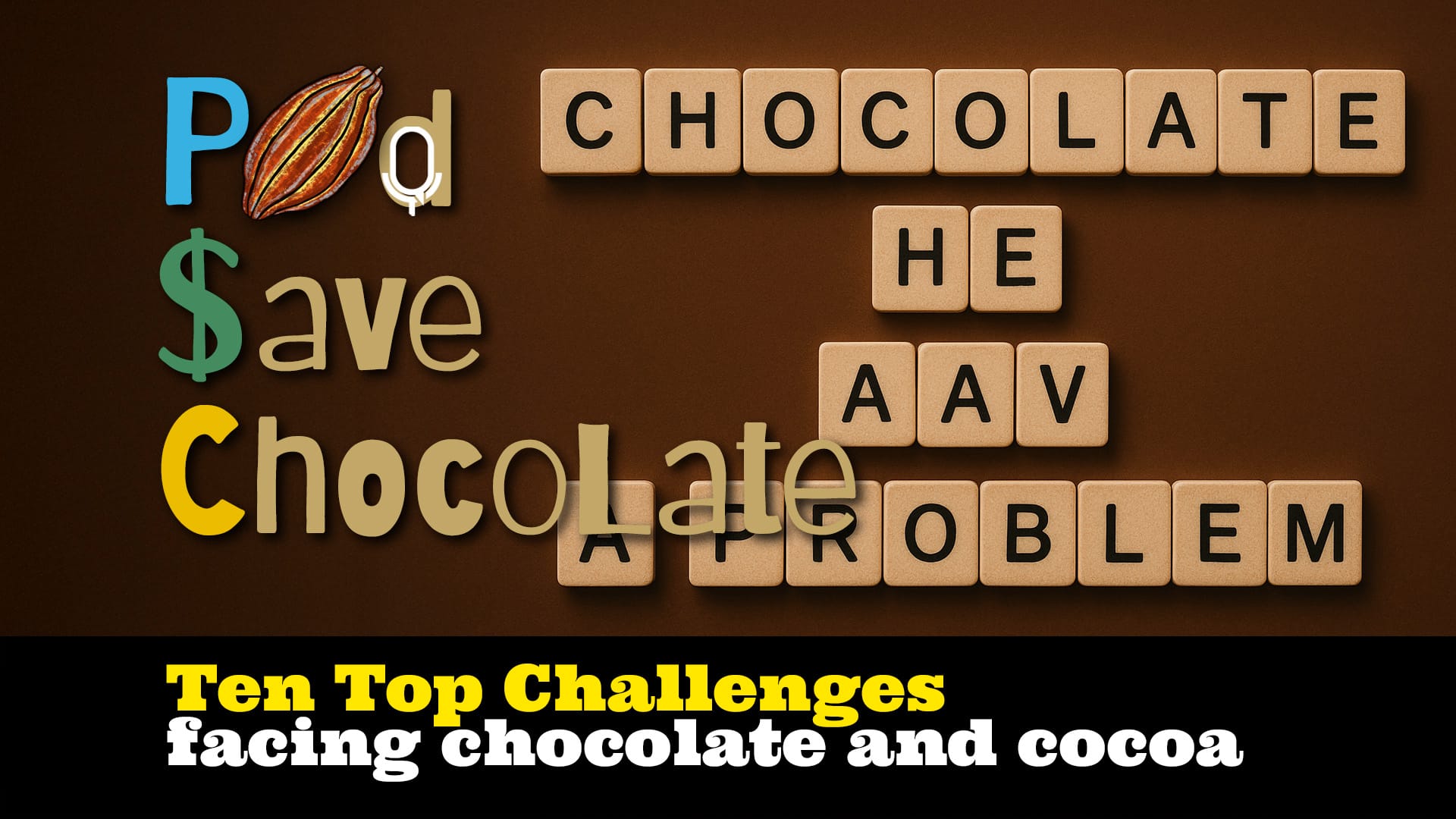
Ep 153 | Fri October 10th

Ep 152 | Tue October 7th

Ep 151 | Fri October 3rd
September

Ep 150 | Tues September 30th

Ep 149 | Friday September 26th

Ep 148 | Friday September 19th

Ep 147 | Friday September 12th
August
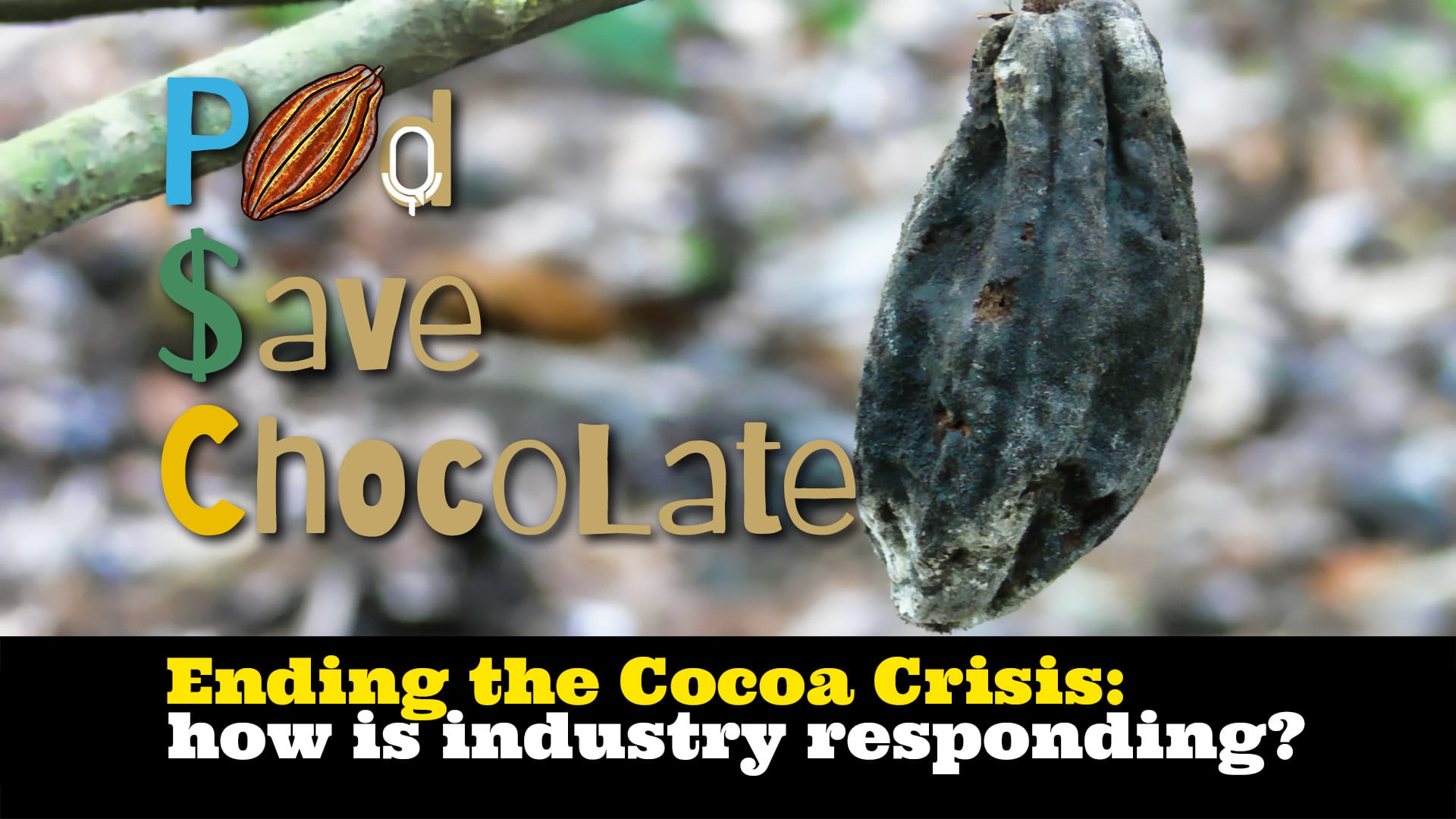
Ep 146 | Friday August 29th
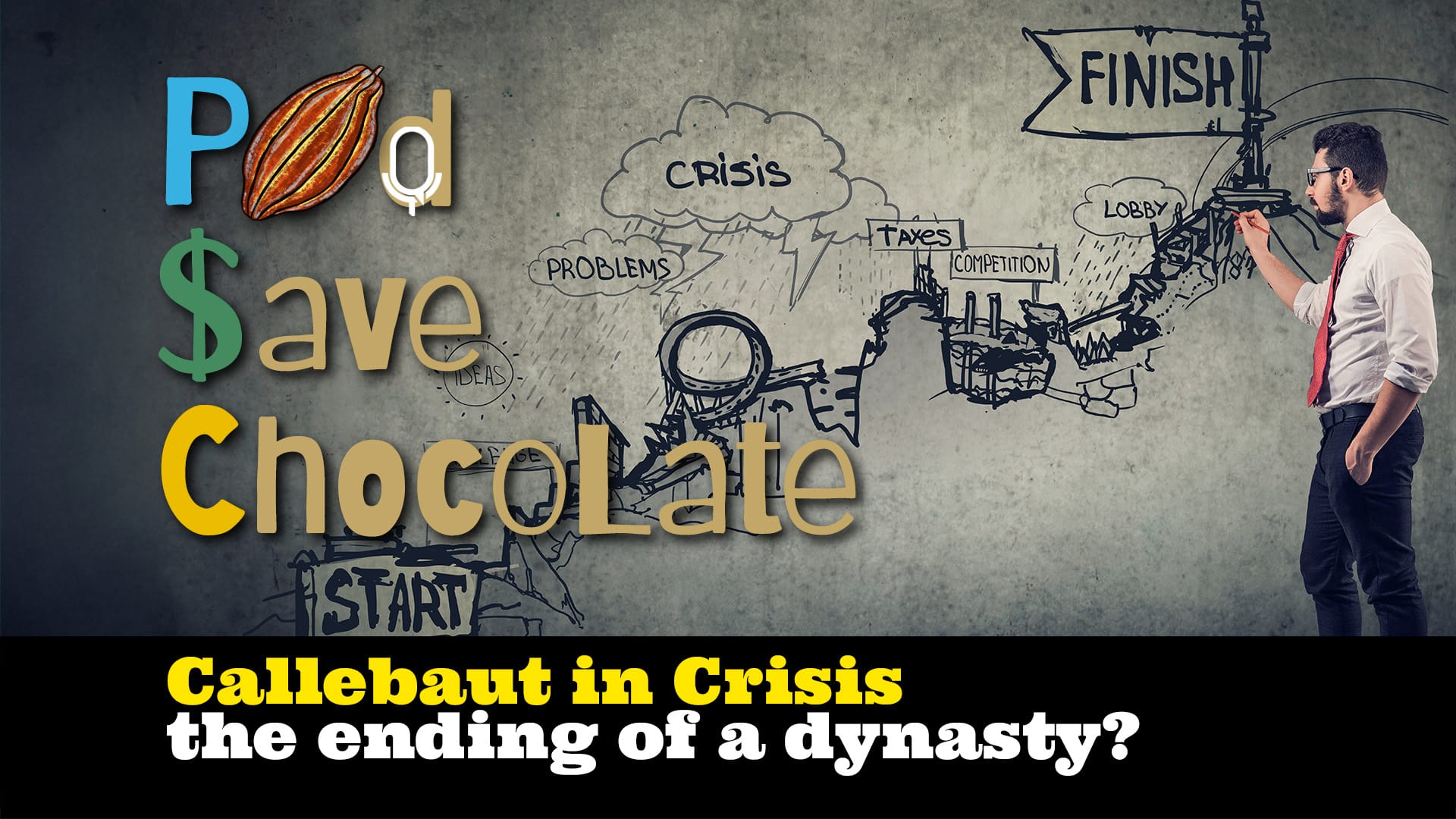
Ep 145 | Tuesday August 26th

Ep 144 | Friday August 22nd

Ep 143 | Tuesday August 19th

Ep 142 | Friday August 15th

Ep 141 | Tuesday August 12th
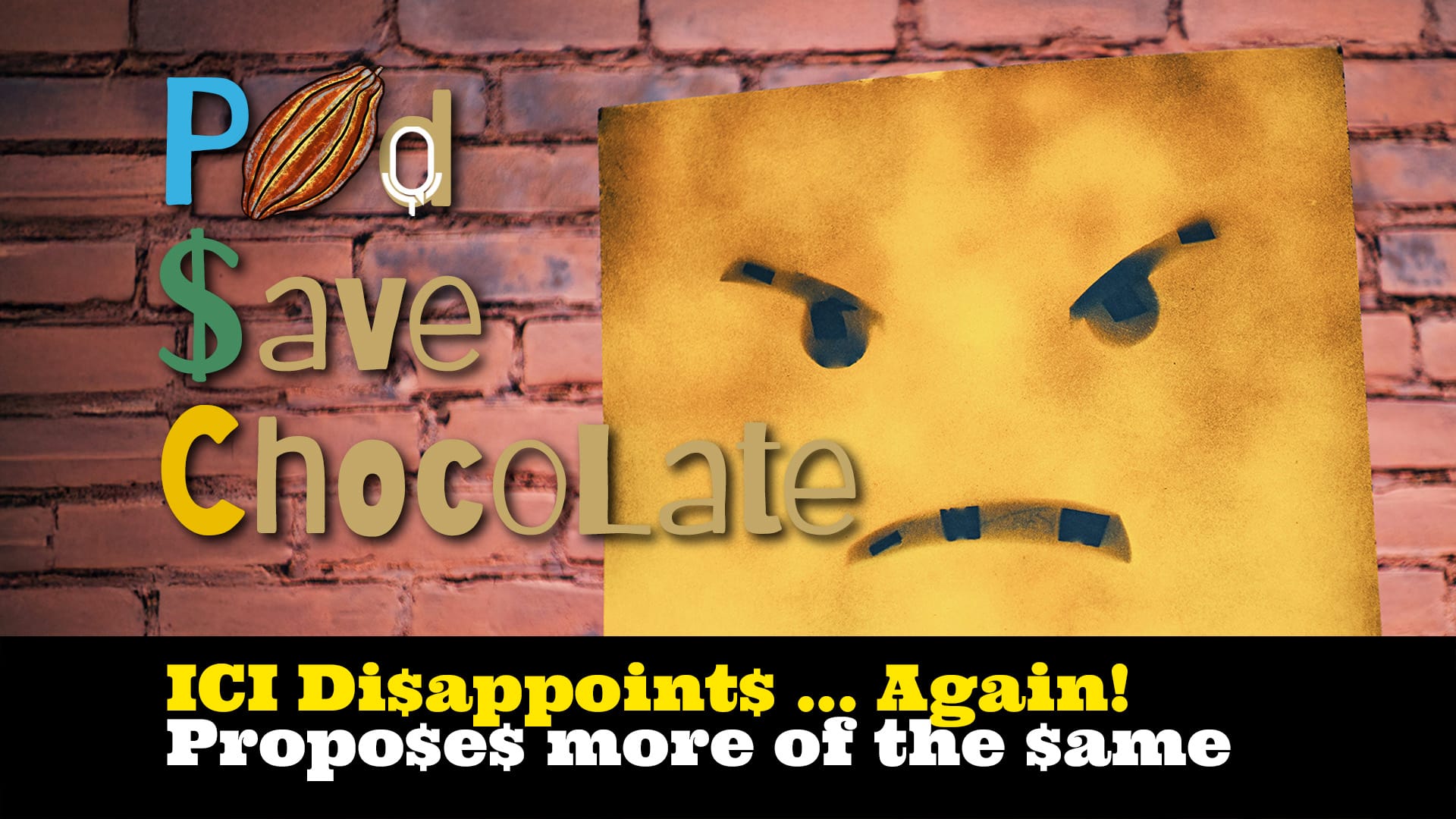
Ep 140 | Friday August 8th
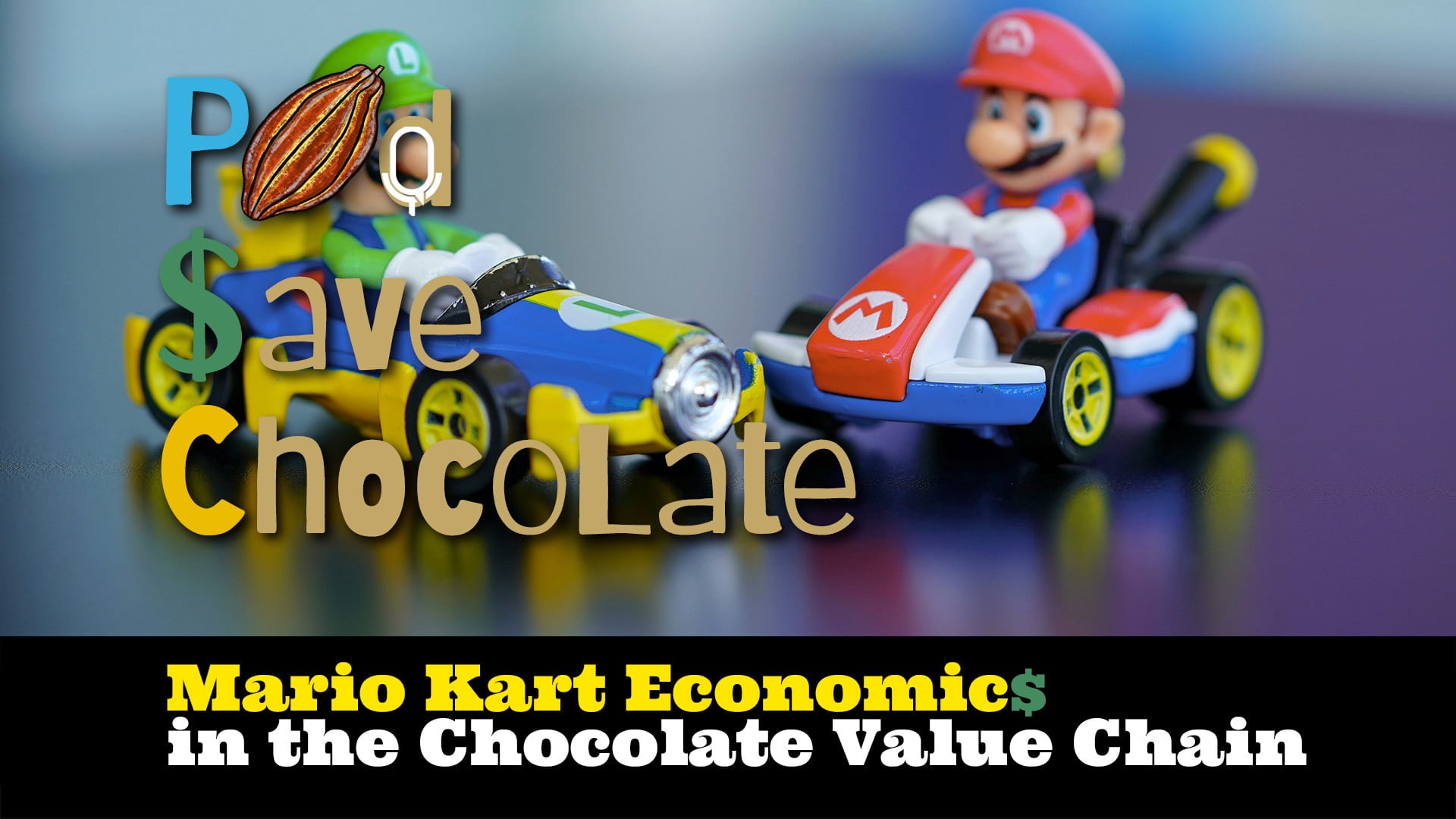
Ep 139 | Tuesday August 5th

Ep 138 | Friday August 1st
July
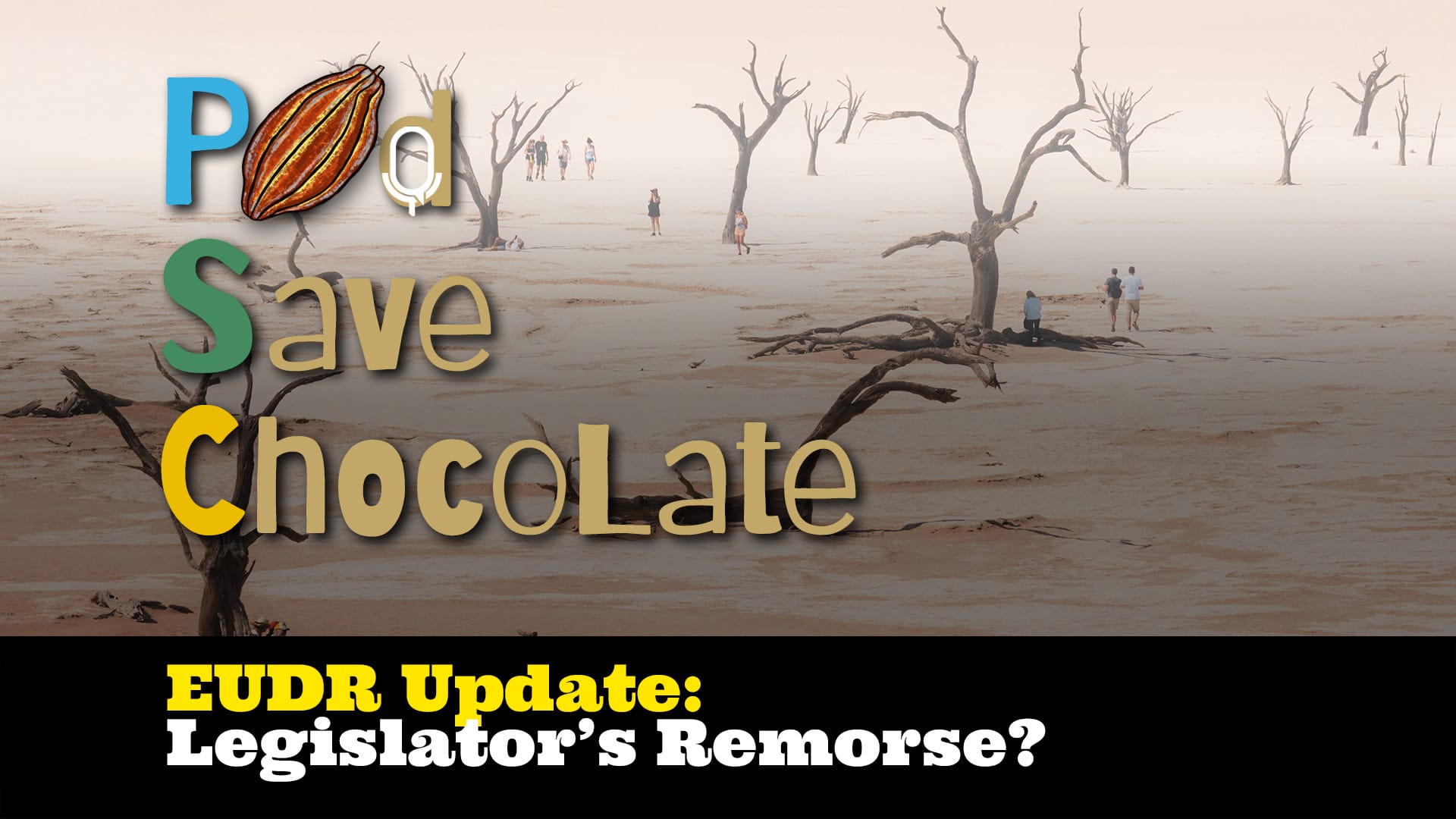
Ep 137 | Friday July 25th

Ep 136 | Tuesday July 22nd

Ep 137 | Friday July 18th
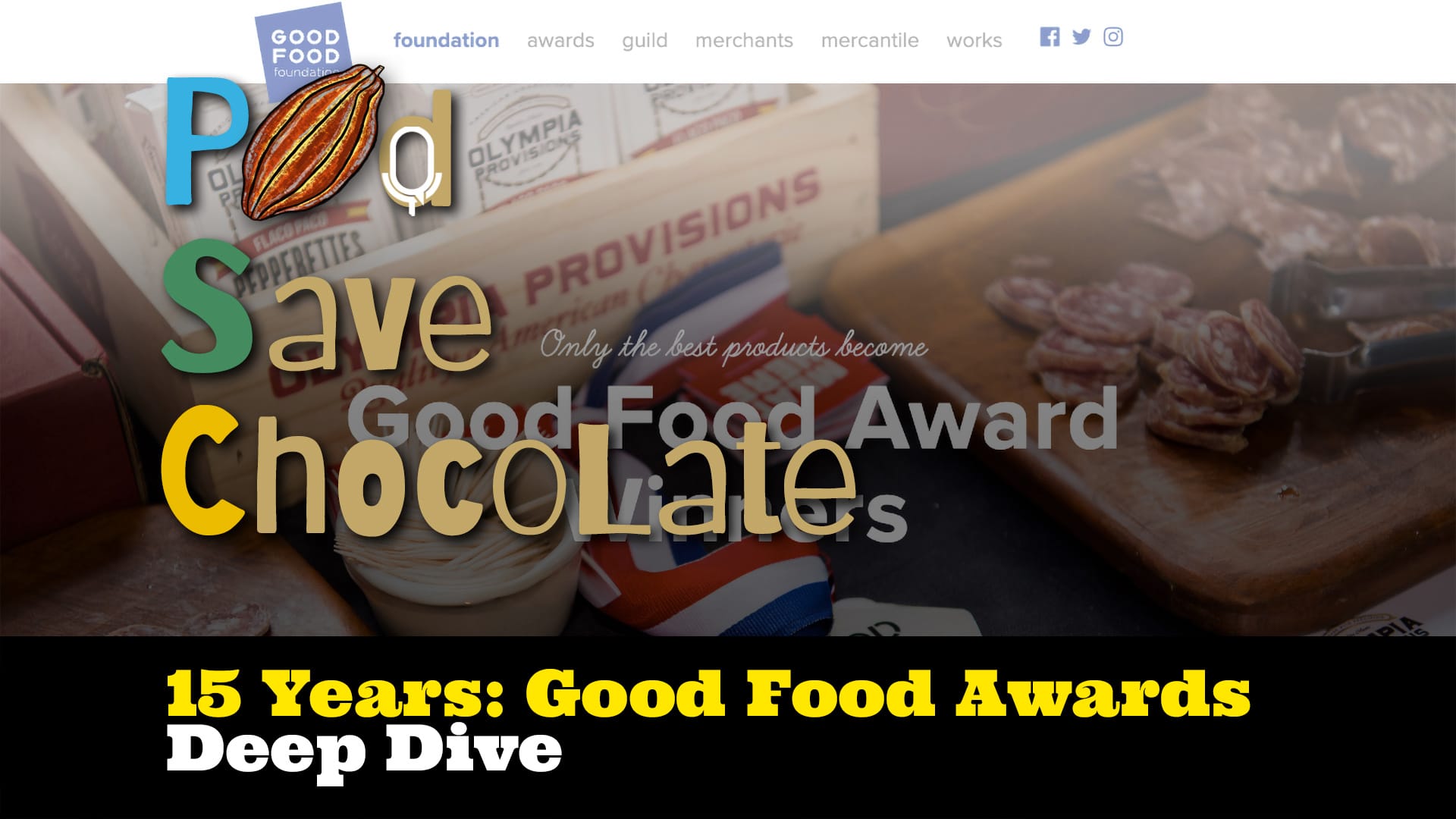
Ep 137 | Tuesday July 15th

Ep 133 | Friday July 11th
The Chocolate Life is about more than chocolate—it’s about finding your purpose, having fun, sharing what you love, and inspiring others to do the same. The episode is a blend of memoir, philosophy, and a call to action, encouraging everyone to seek out and embrace their own “chocolate life”—whatever form it may take.
— AI-generated summary
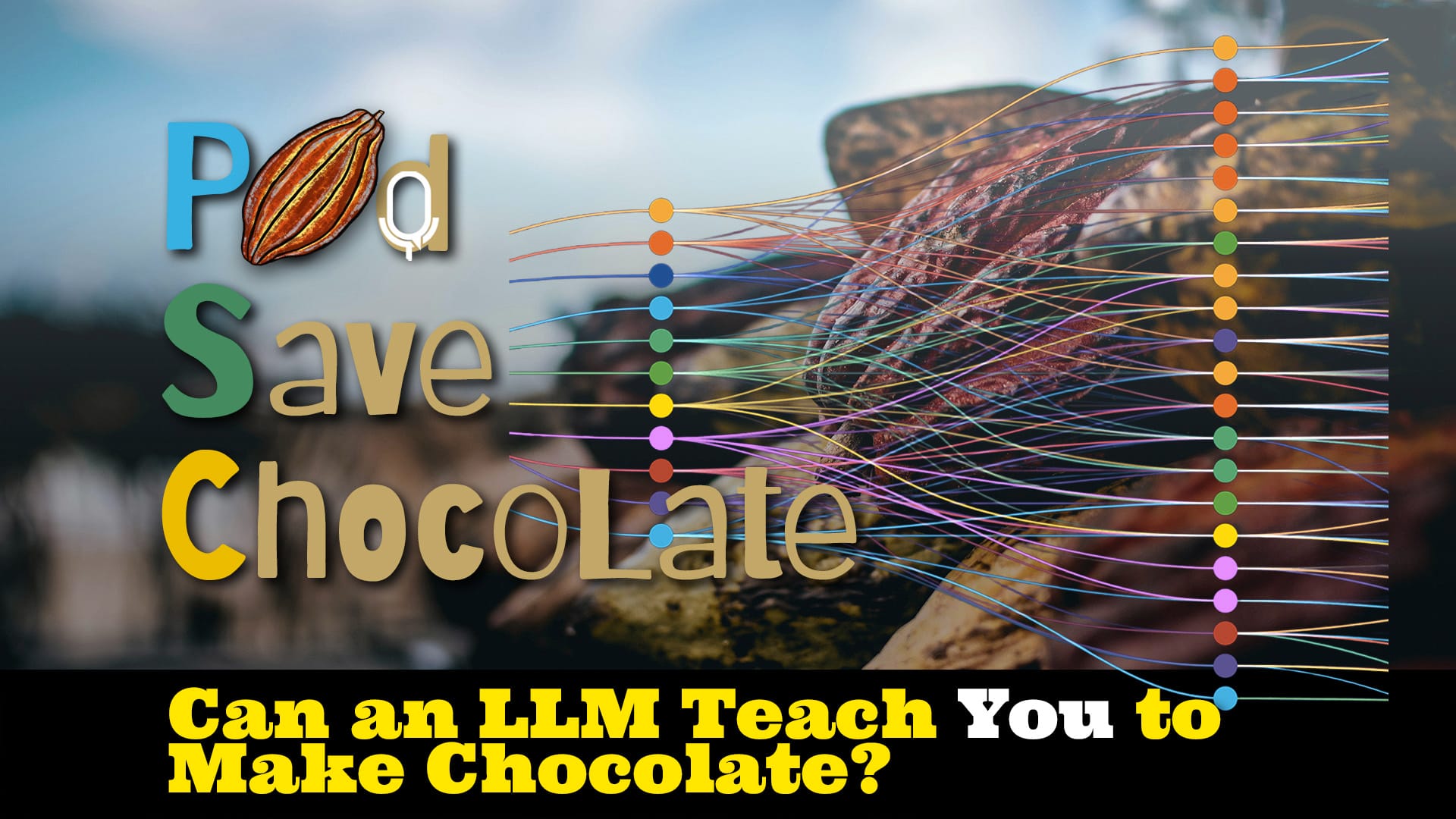
Ep 132 | Tuesday July 8th
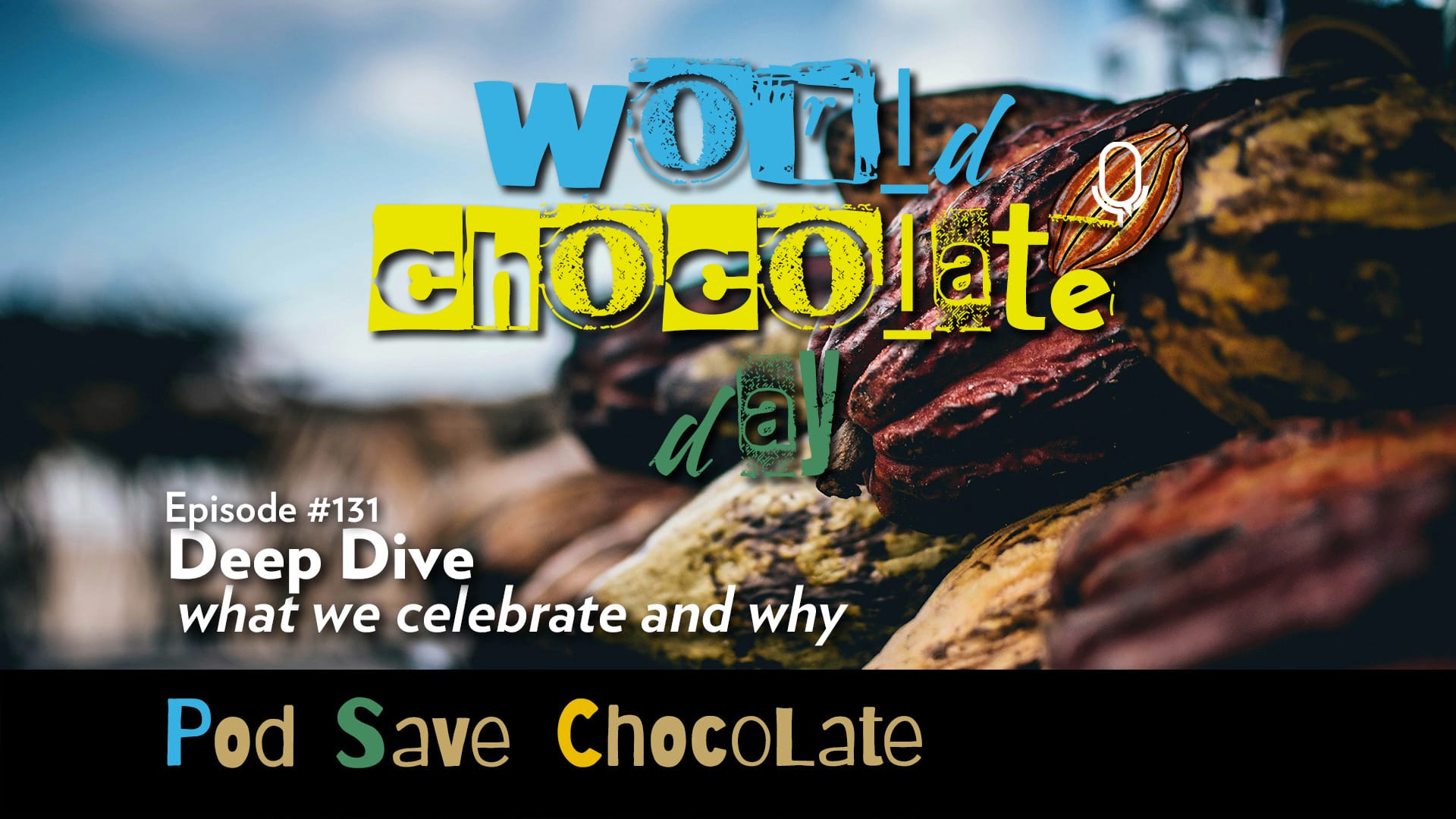
Ep 131 | Friday July 4th
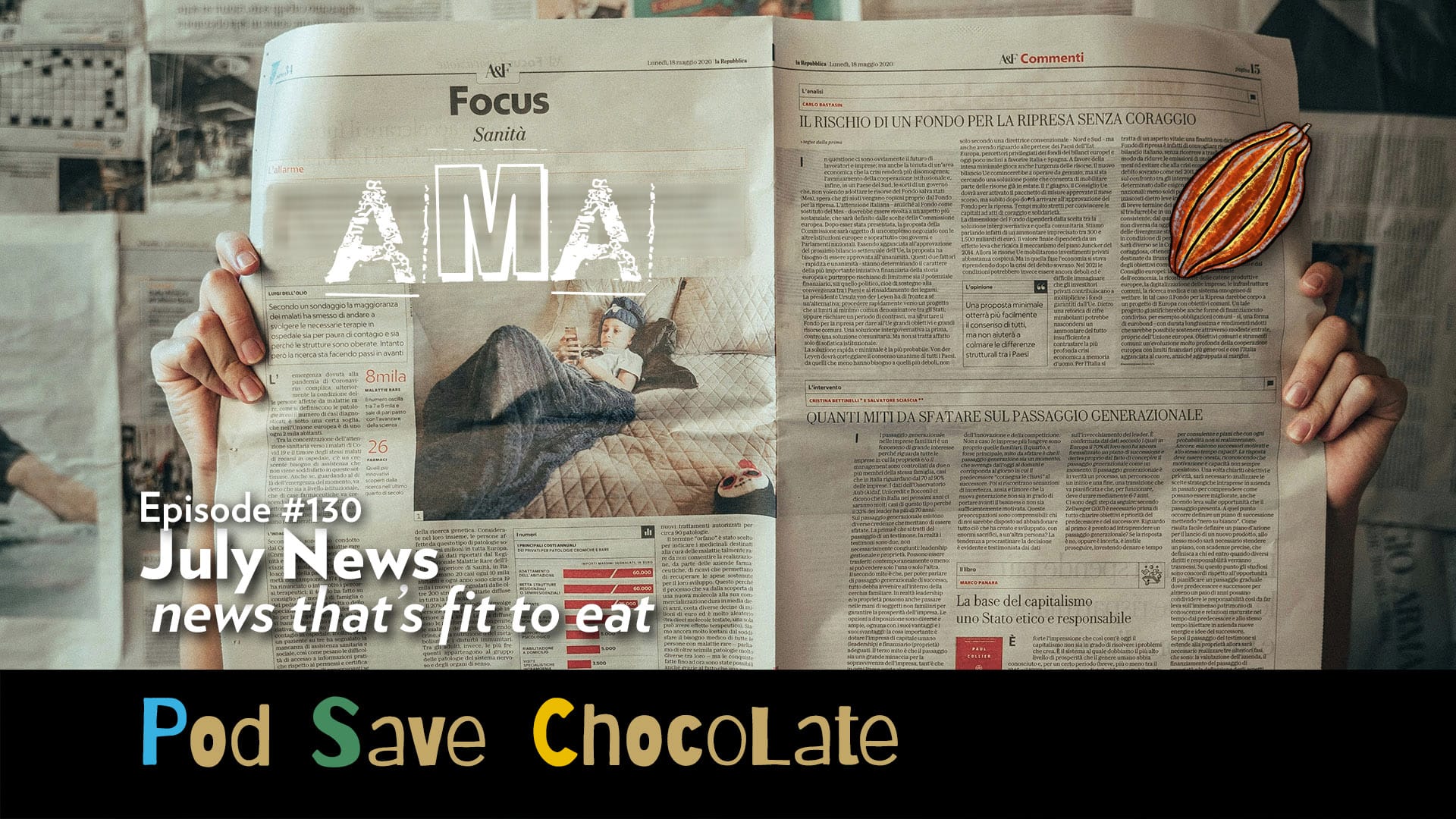
Ep 130 | Tuesday July 1st
June
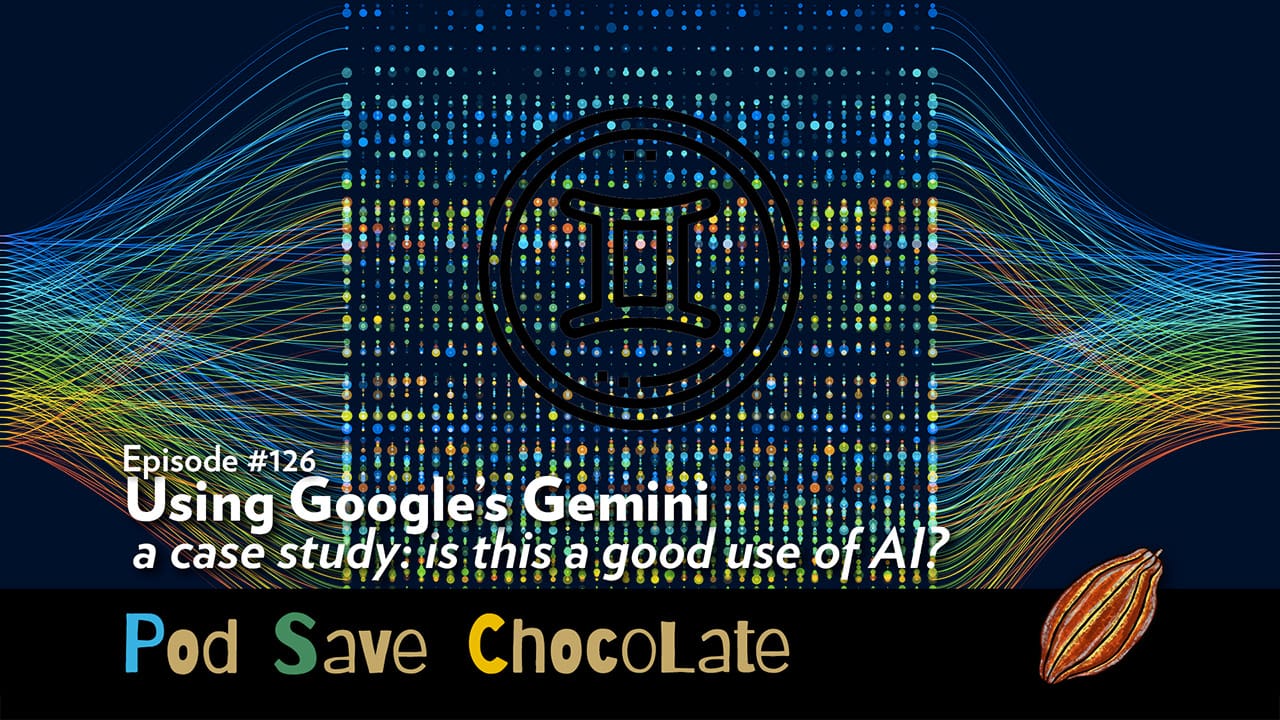
Ep 129 | Friday June 27th
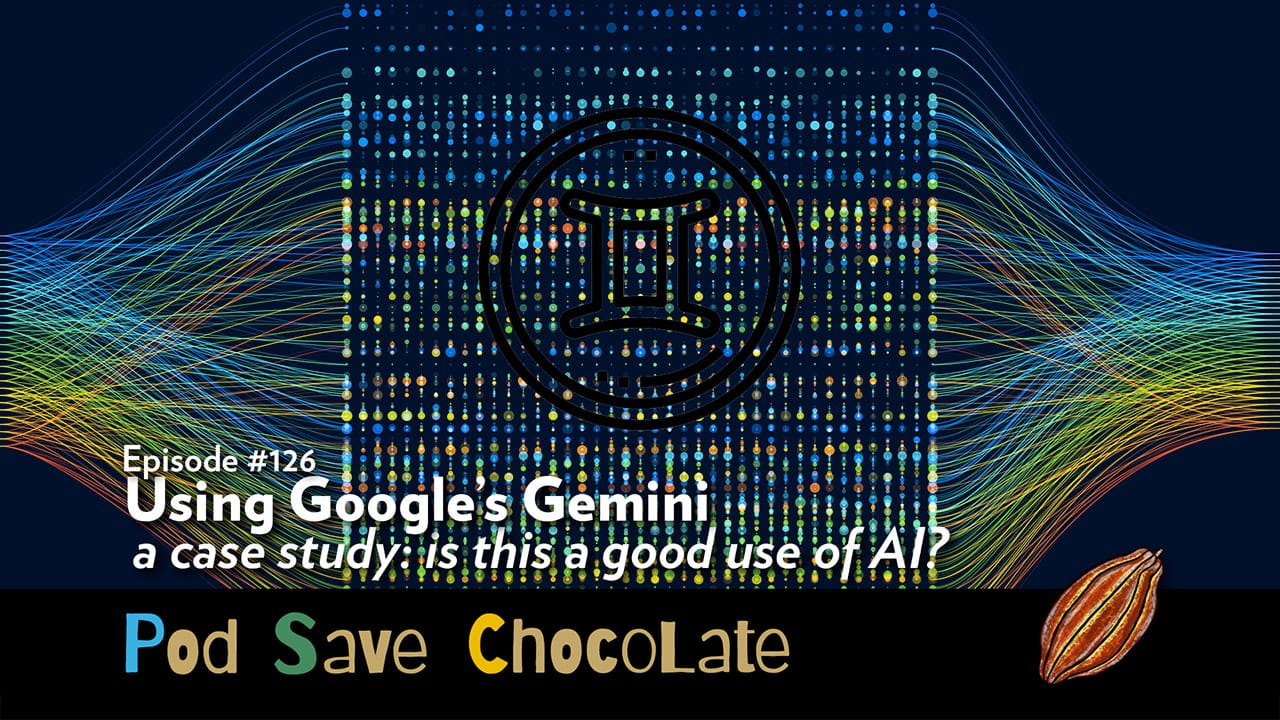
Ep 128 | Tuesday June 24th
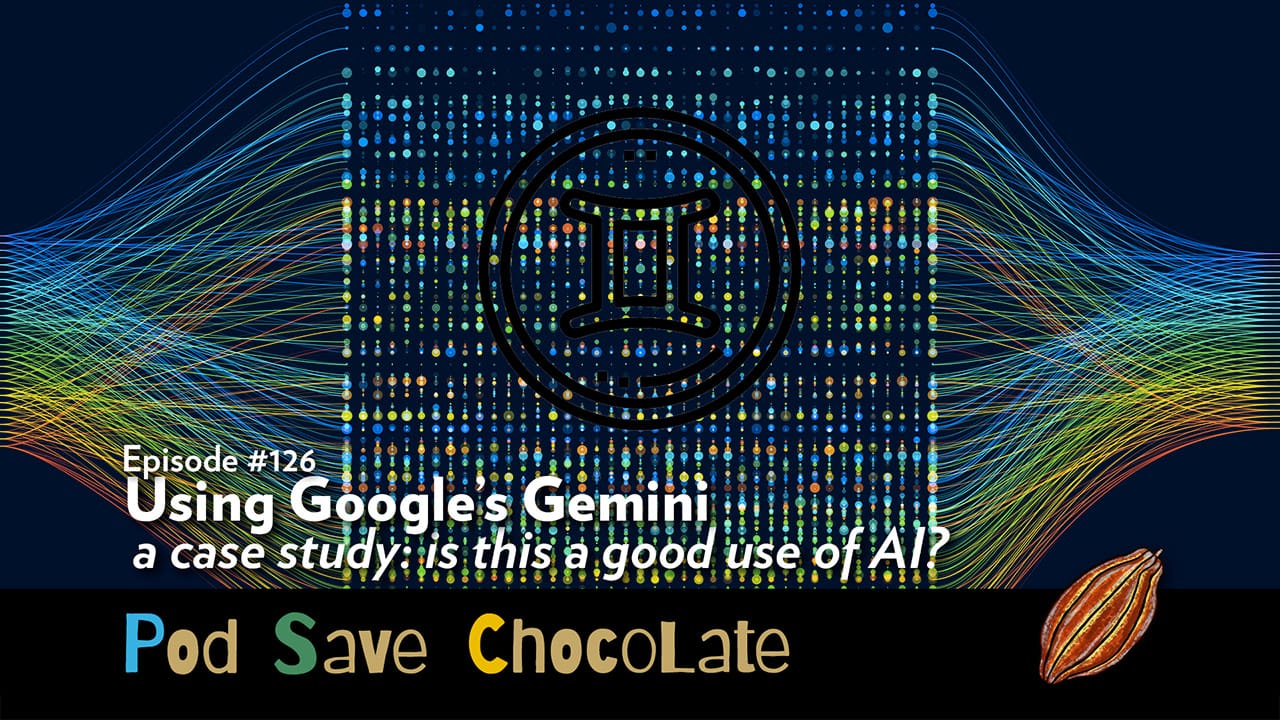
Ep 127 | Friday June 20th
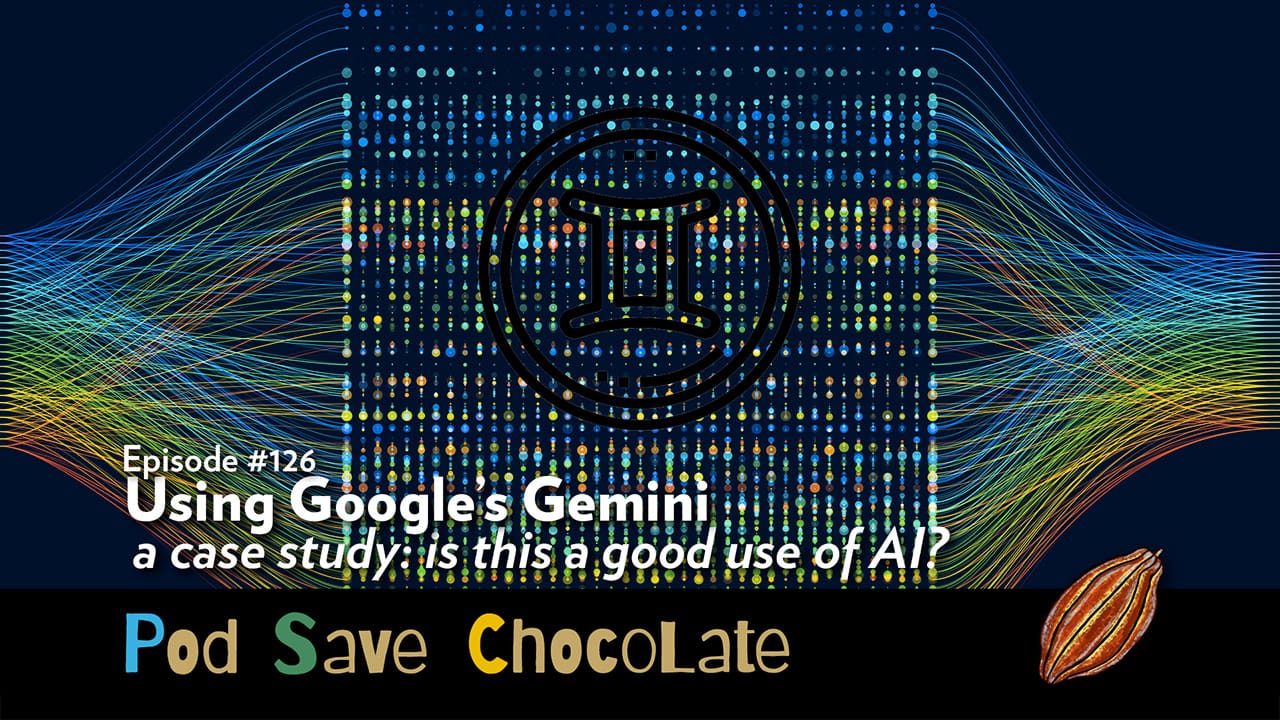
Ep 126 | Tuesday June 17th
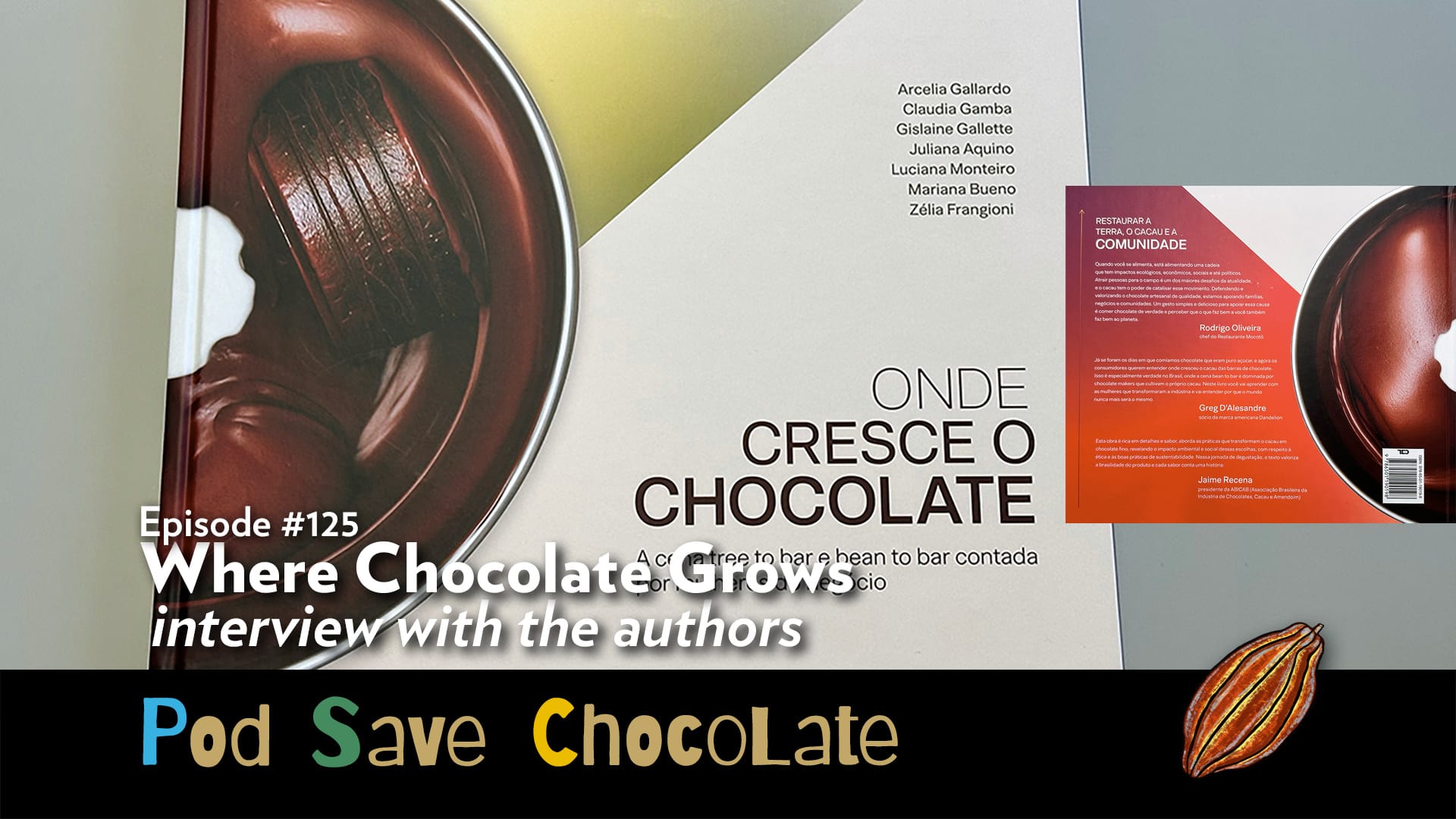
Ep 125 | Friday June 13th
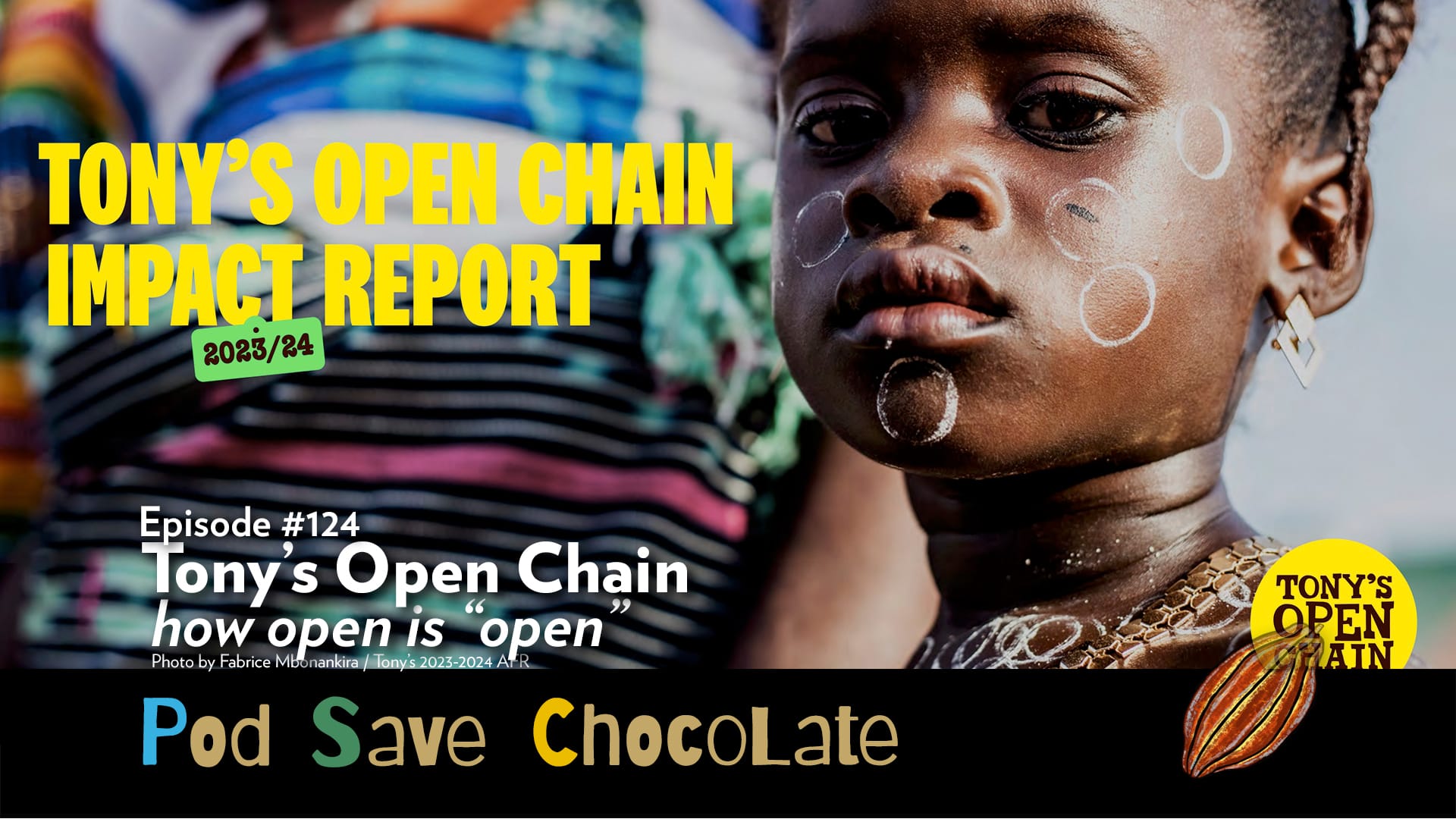
Ep 124 | Tuesday June 10th
May
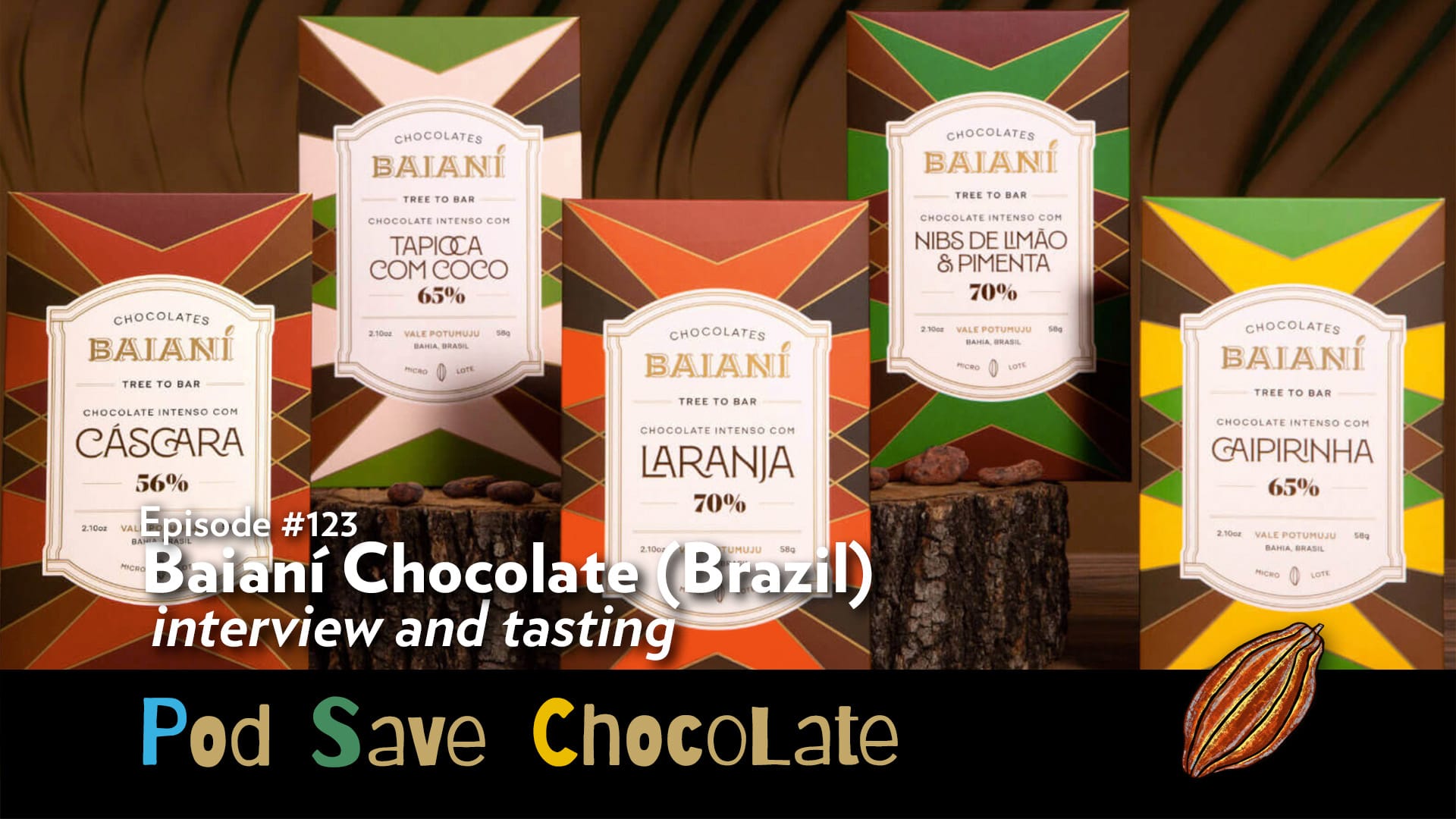
Ep 123 | Tuesday May 27th
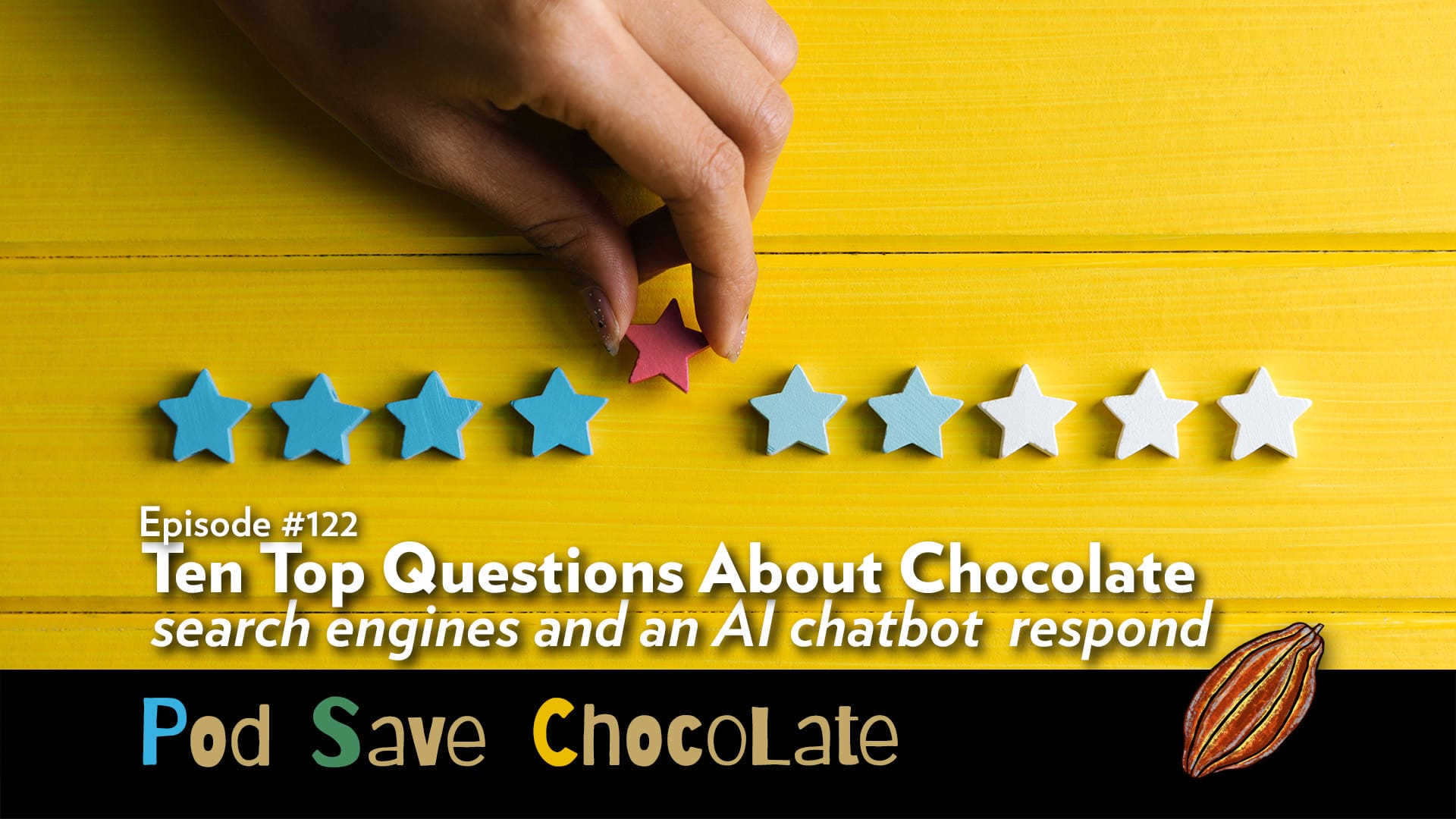
Ep 122 | Friday May 23rd

Ep 121 | Tuesday May 20th
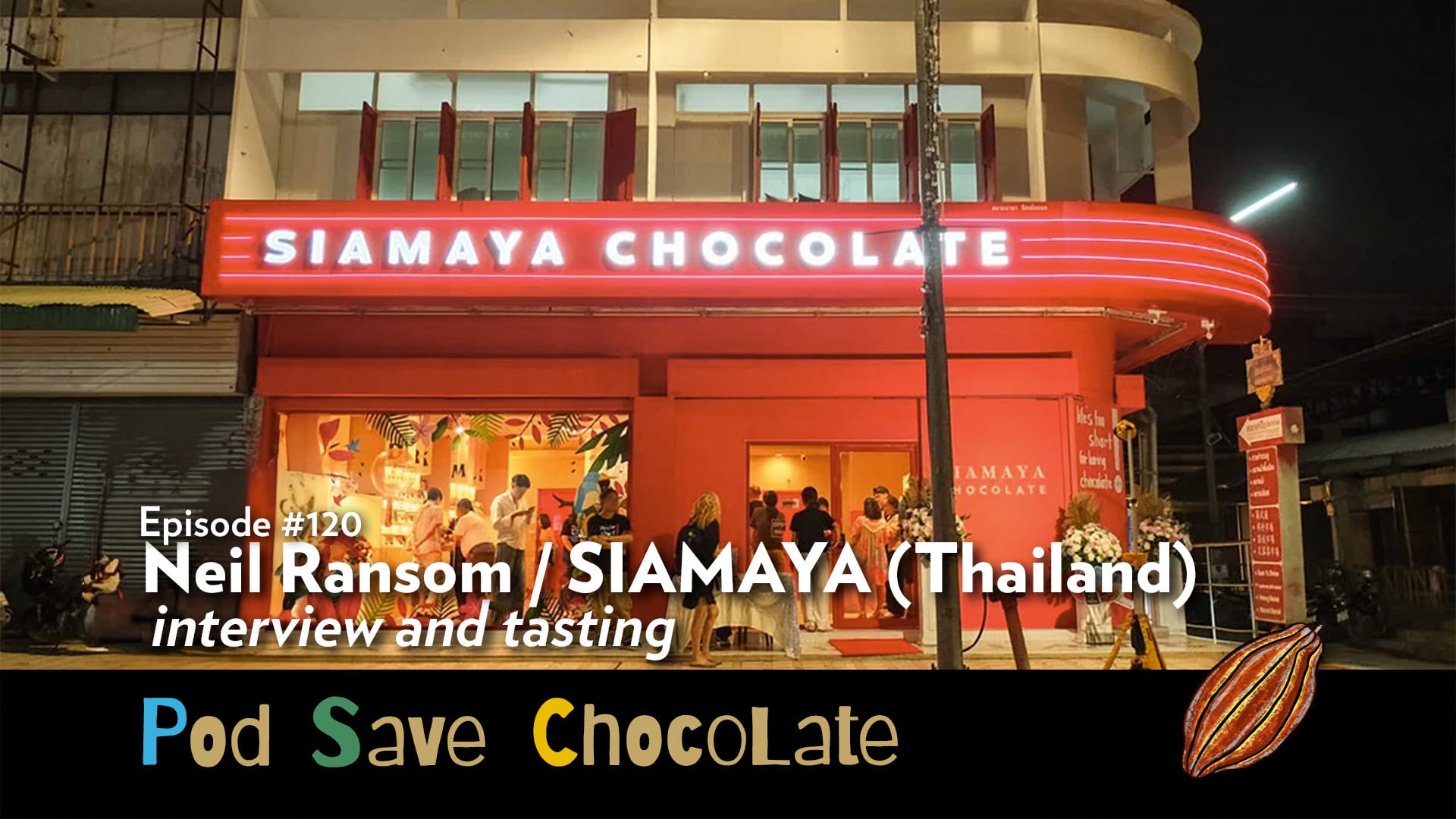
Ep 120 | Friday May 16th
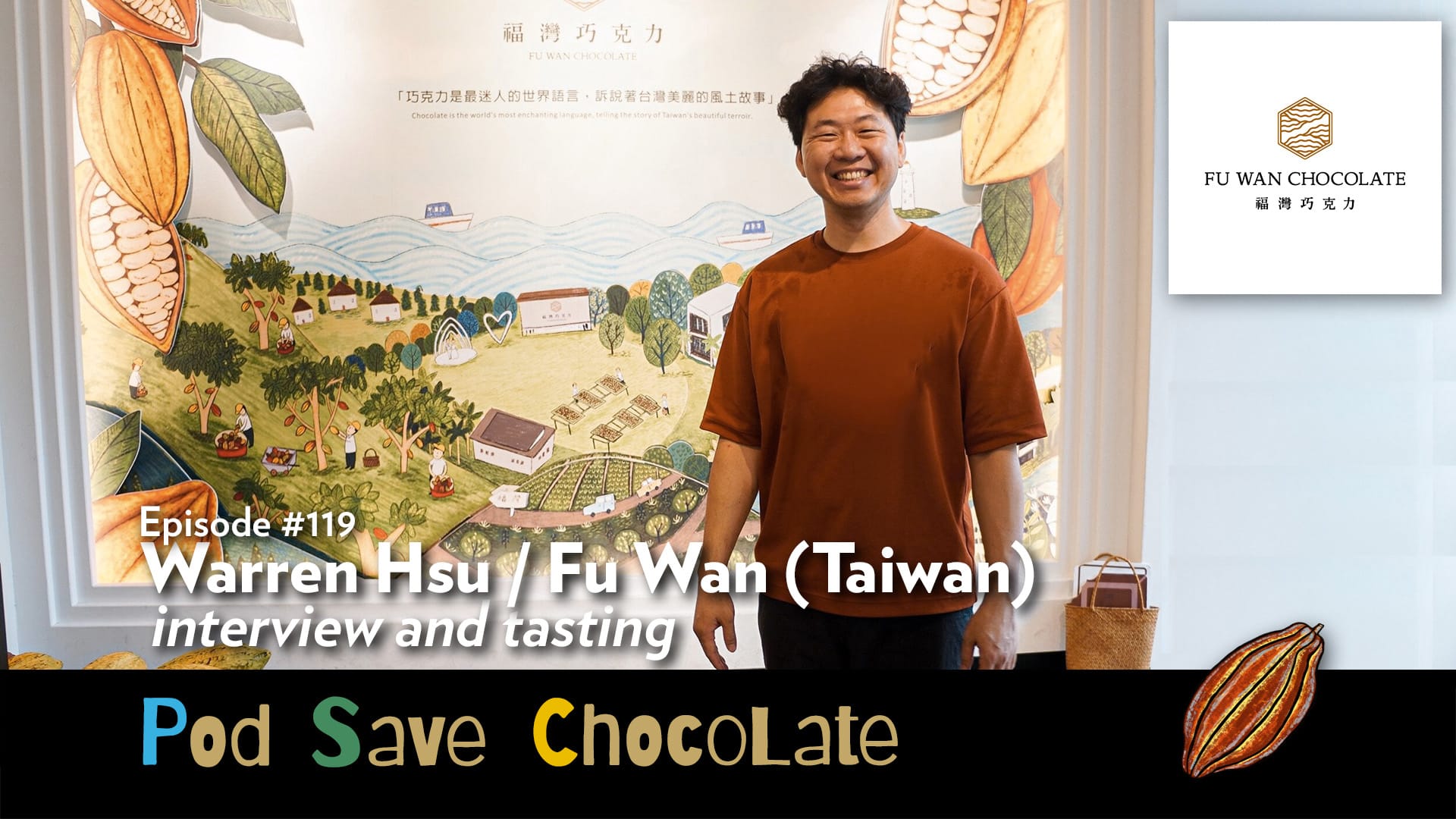
Ep 119 | Tuesday May 13th
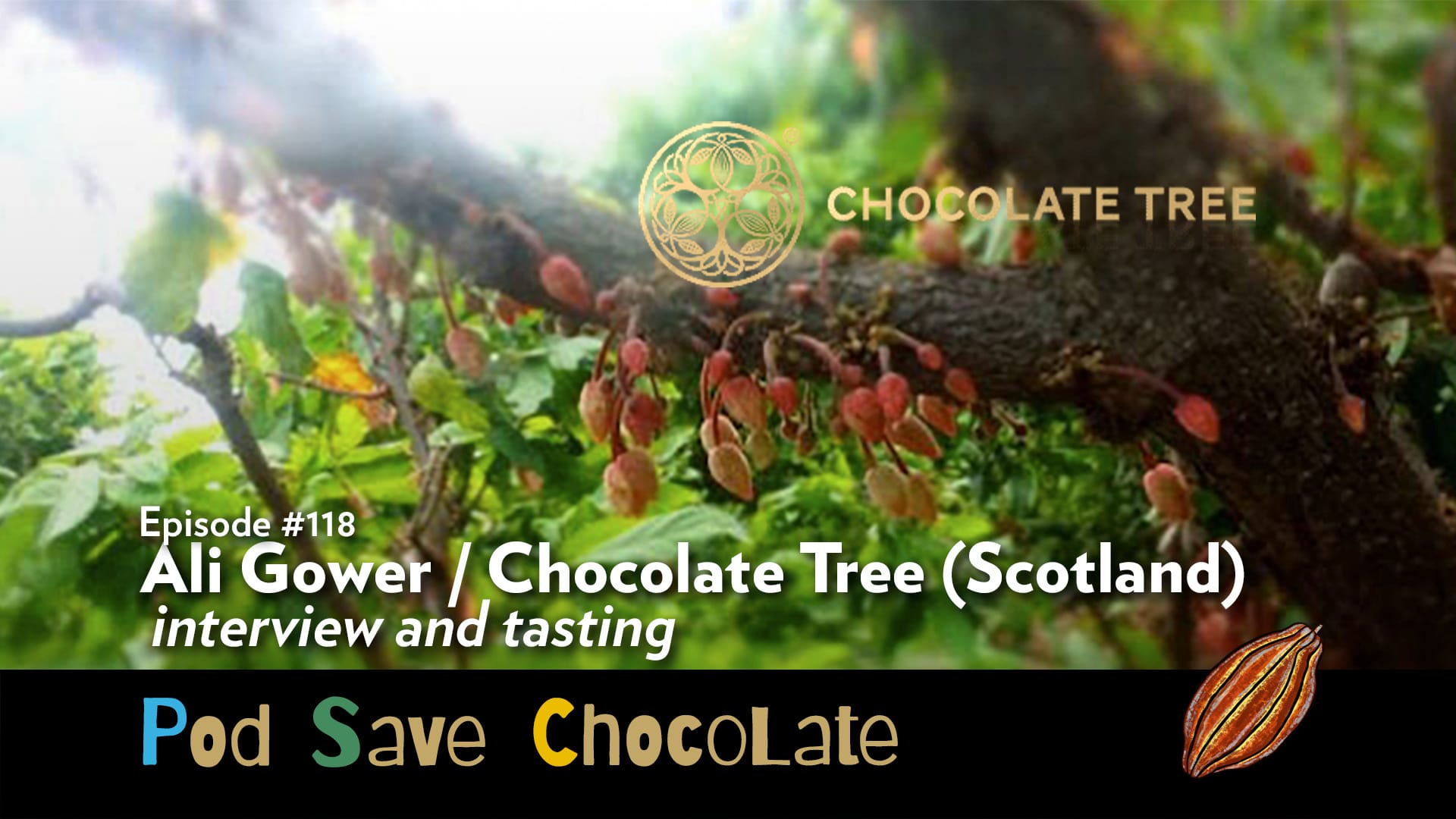
Ep 118 | Friday May 9th
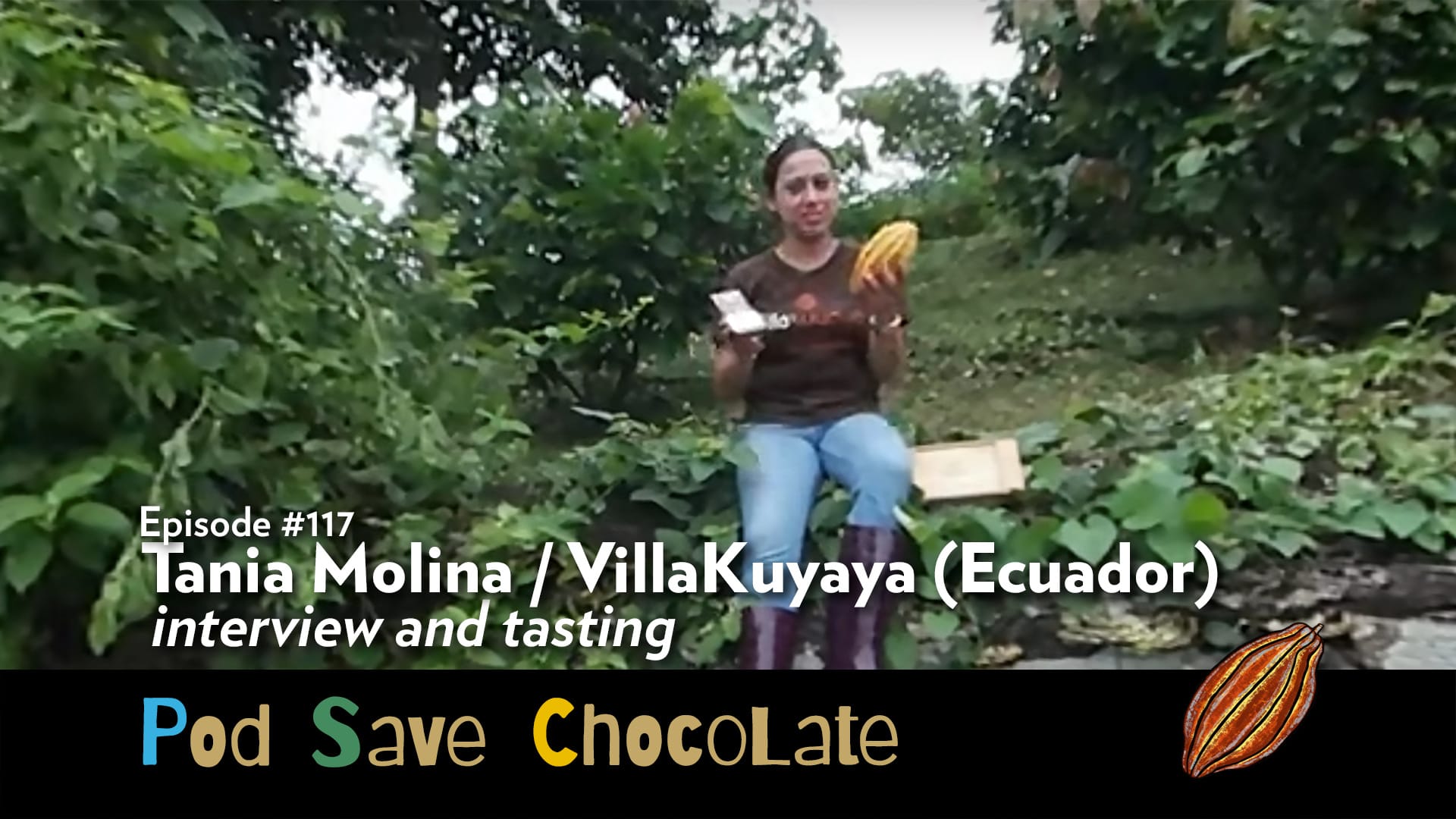
Ep 117 | Tuesday May 6th

Ep 116 | Friday May 2nd
April
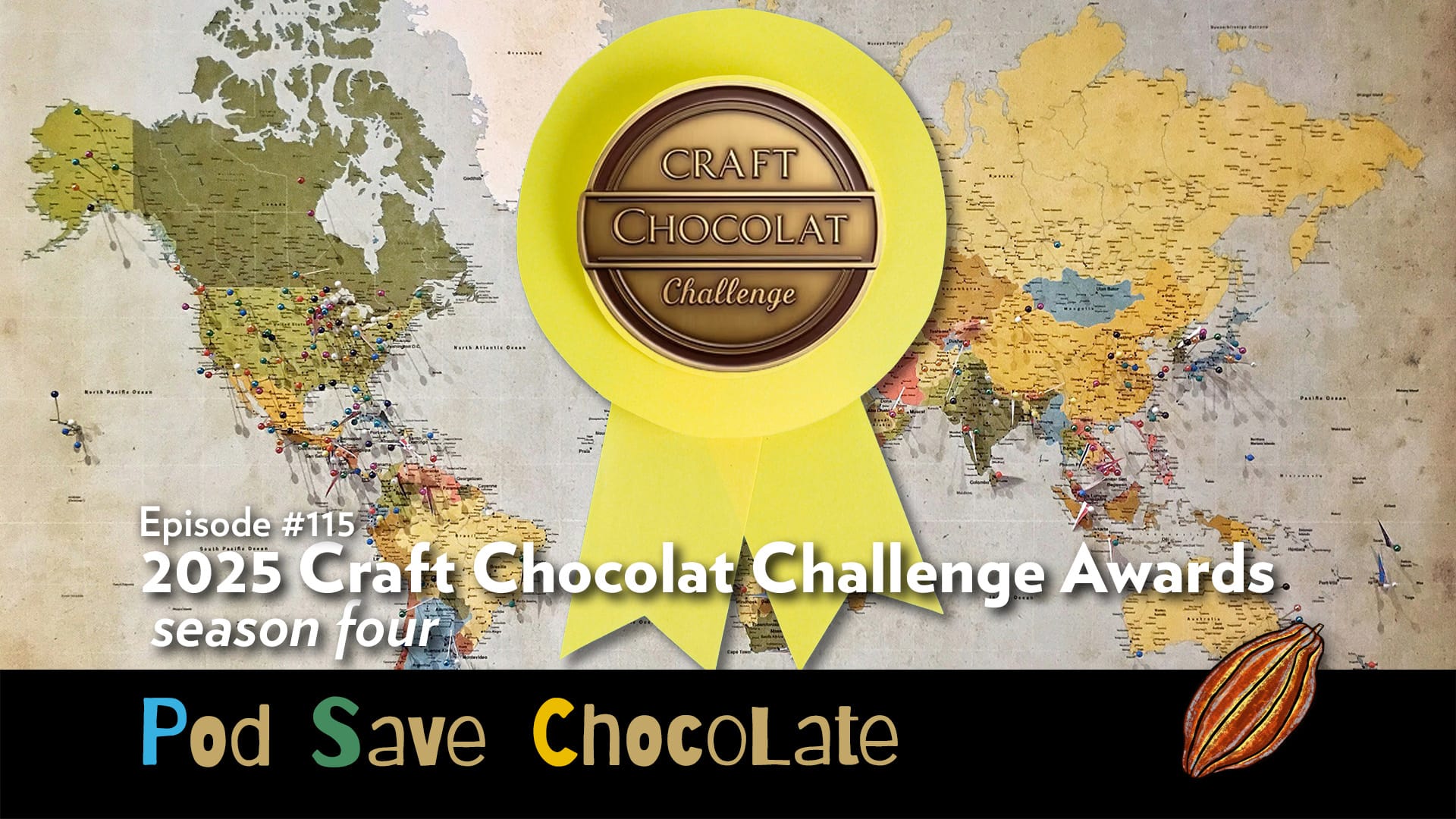
Ep 115 | Tuesday April 29th

Ep 114 | Friday April 25th
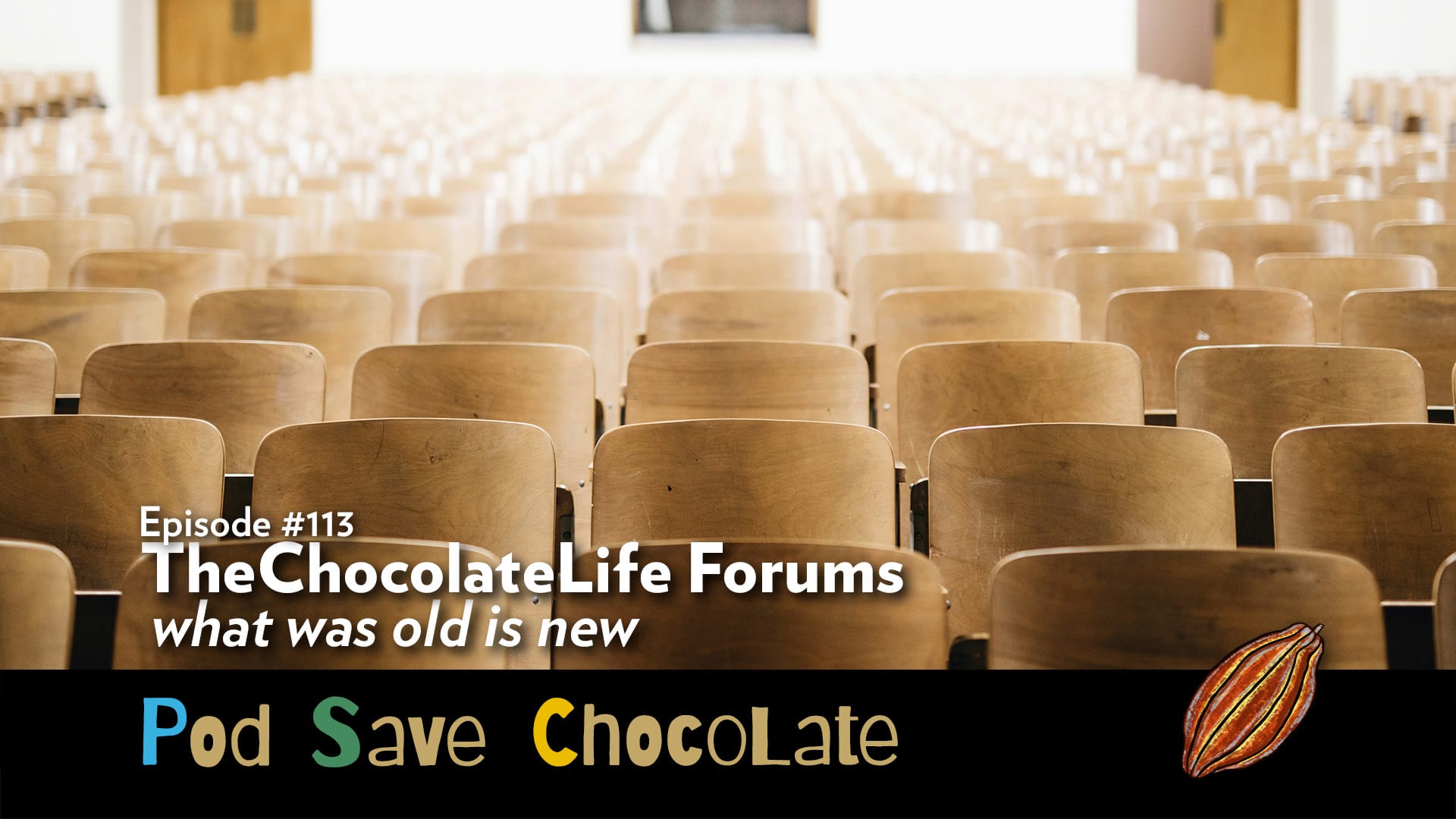
Ep 113 | Tuesday April 22nd
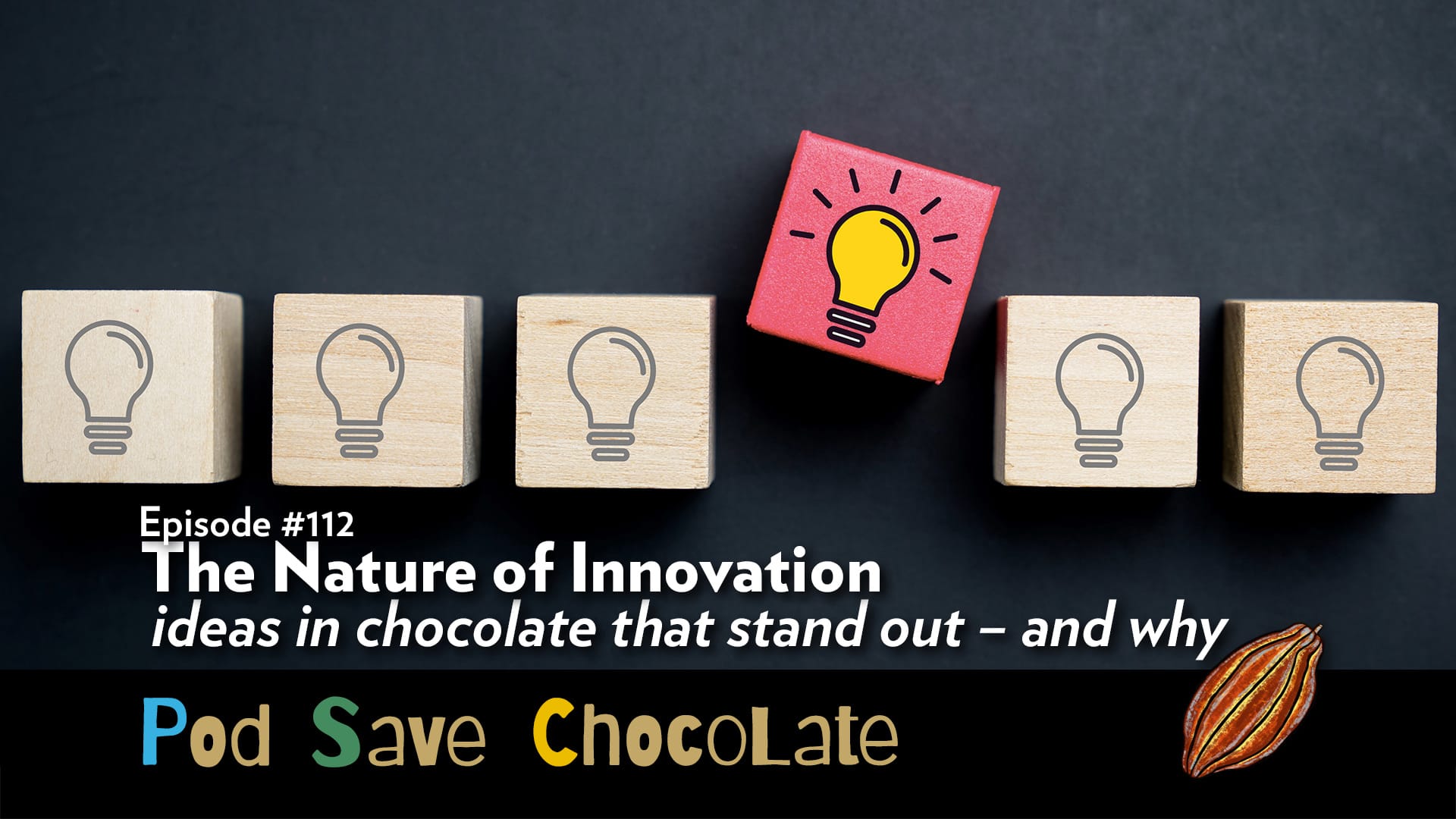
Ep 112 | Tuesday April 15th

Ep 111 | Friday April 11th
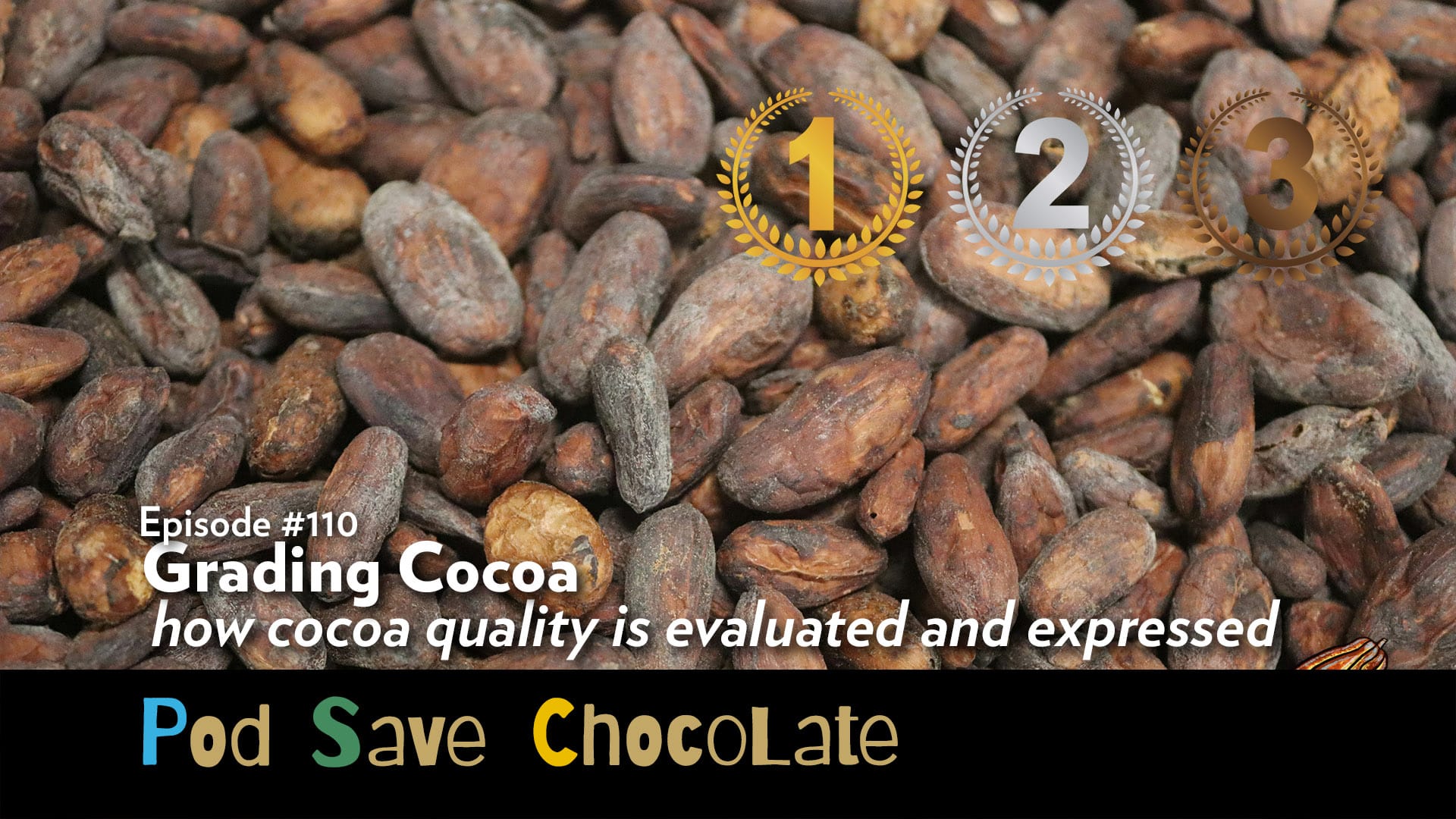
Ep 110 | Tuesday April 8th

Ep 109 | Tuesday April 1st
March
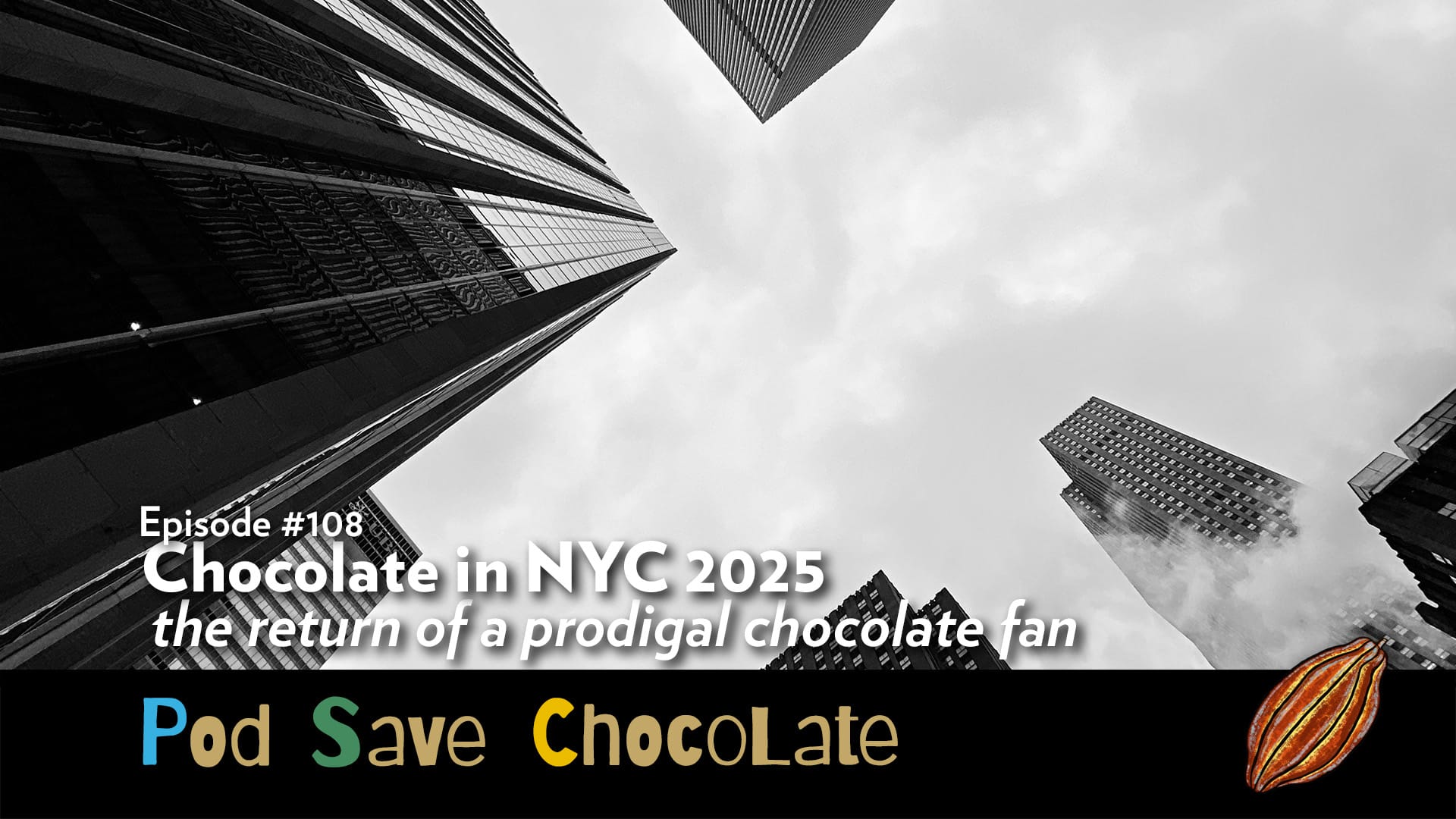
Ep 108 | Tuesday March 18th
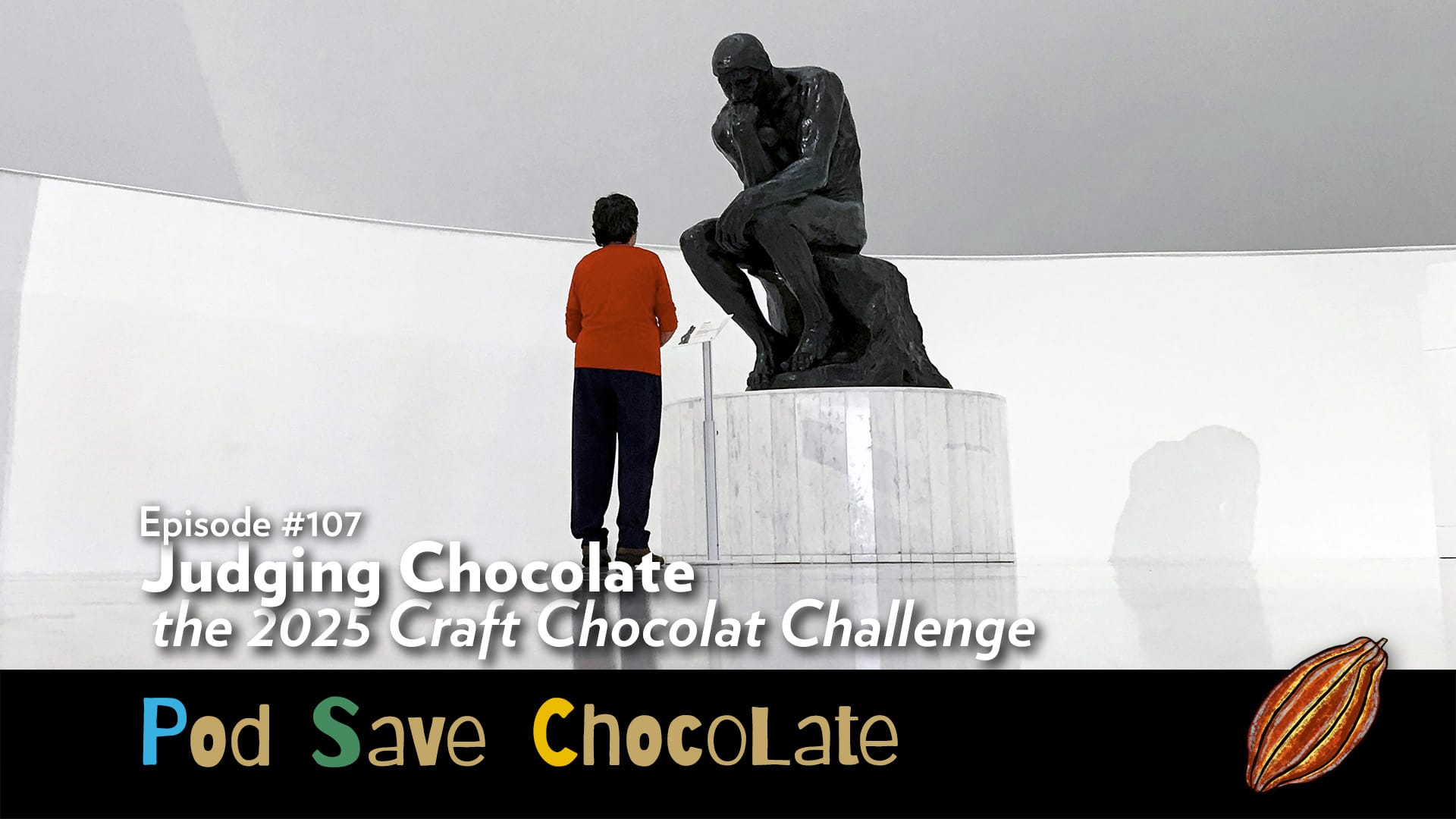
Ep 107 | Friday March 14th

Ep 106 | Friday March 7th
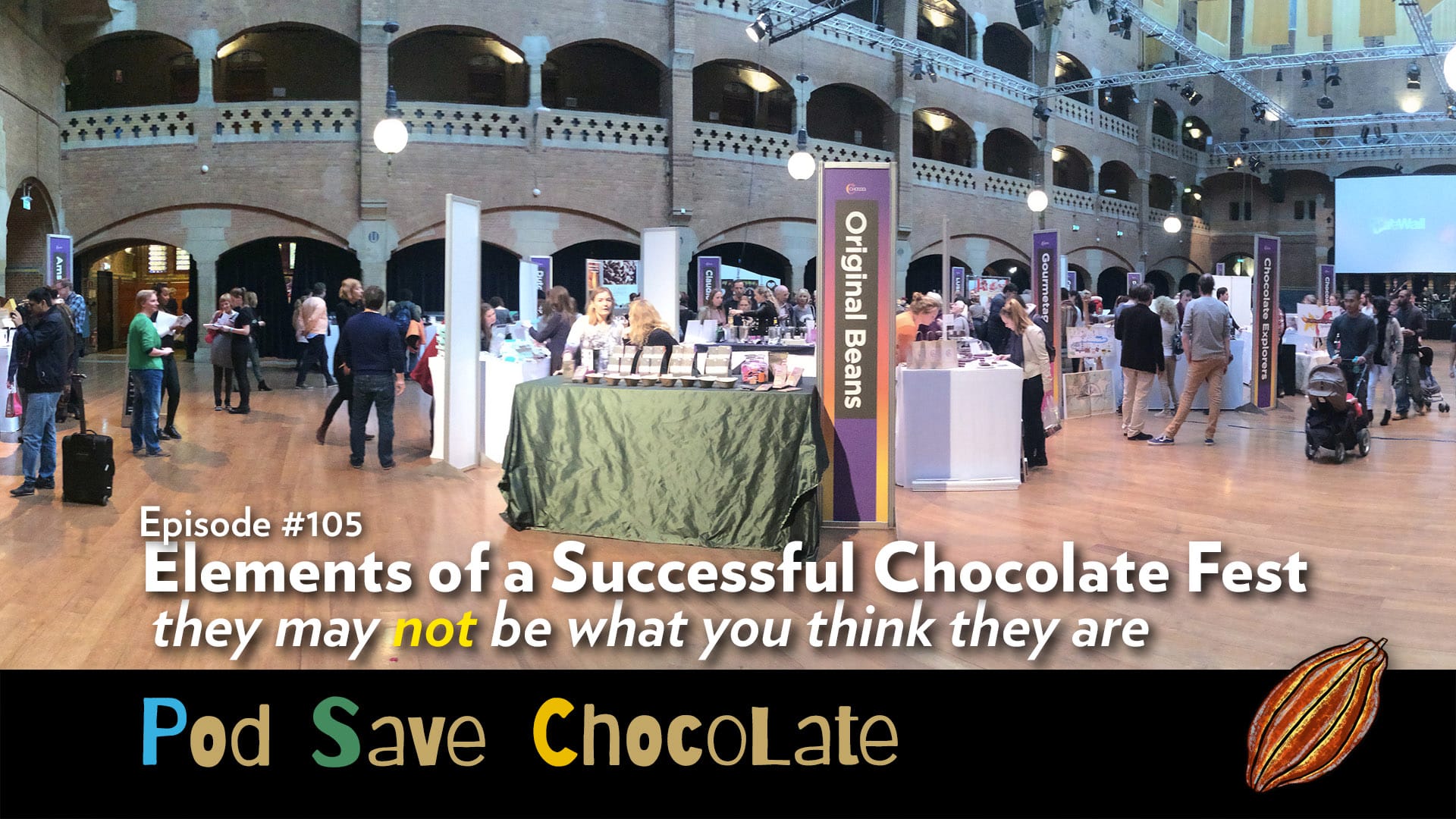
Ep 105 | Tuesday March 4th
February
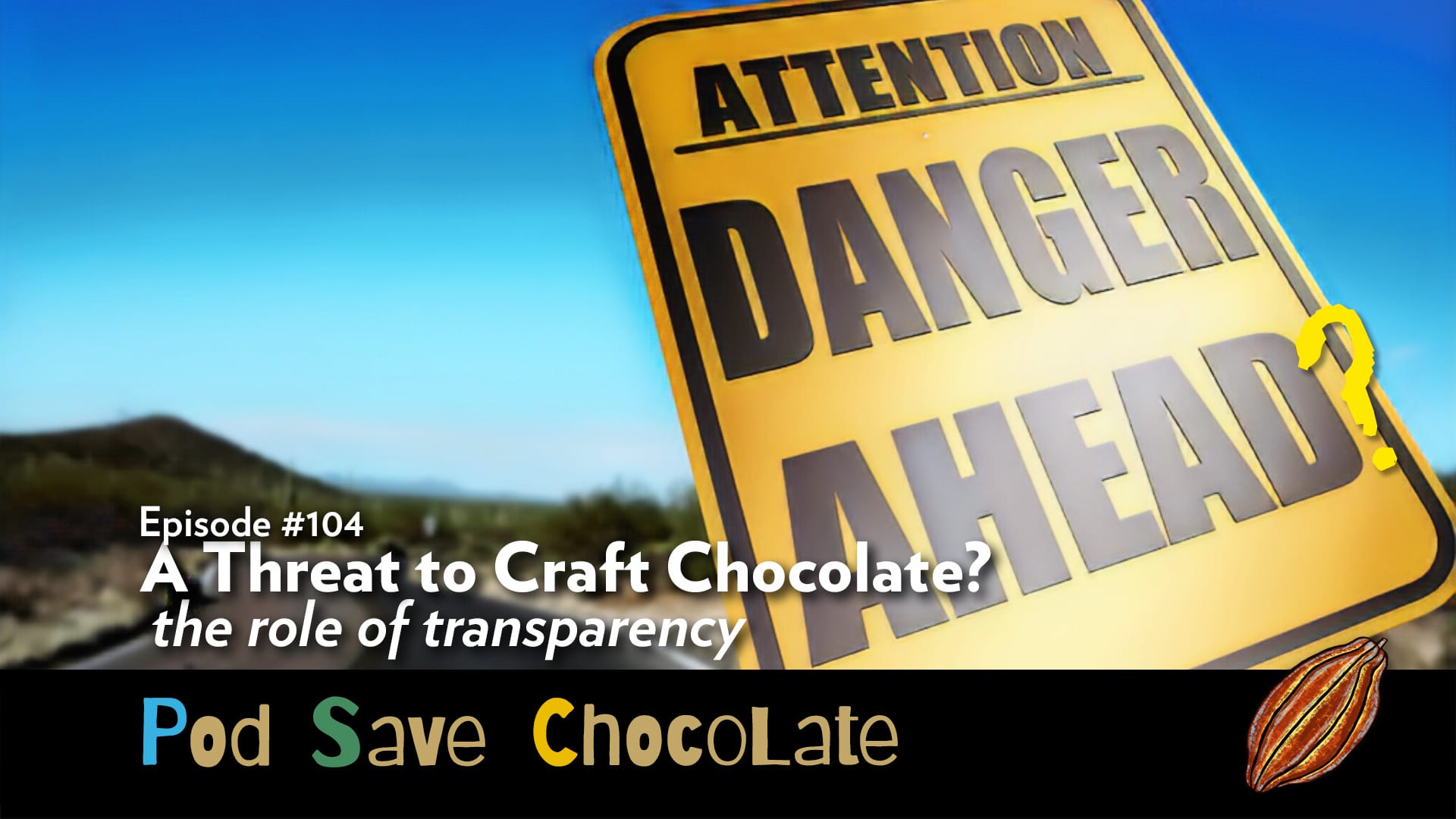
Ep 104 | Friday February 28th

Ep 103 | Tuesday February 25th
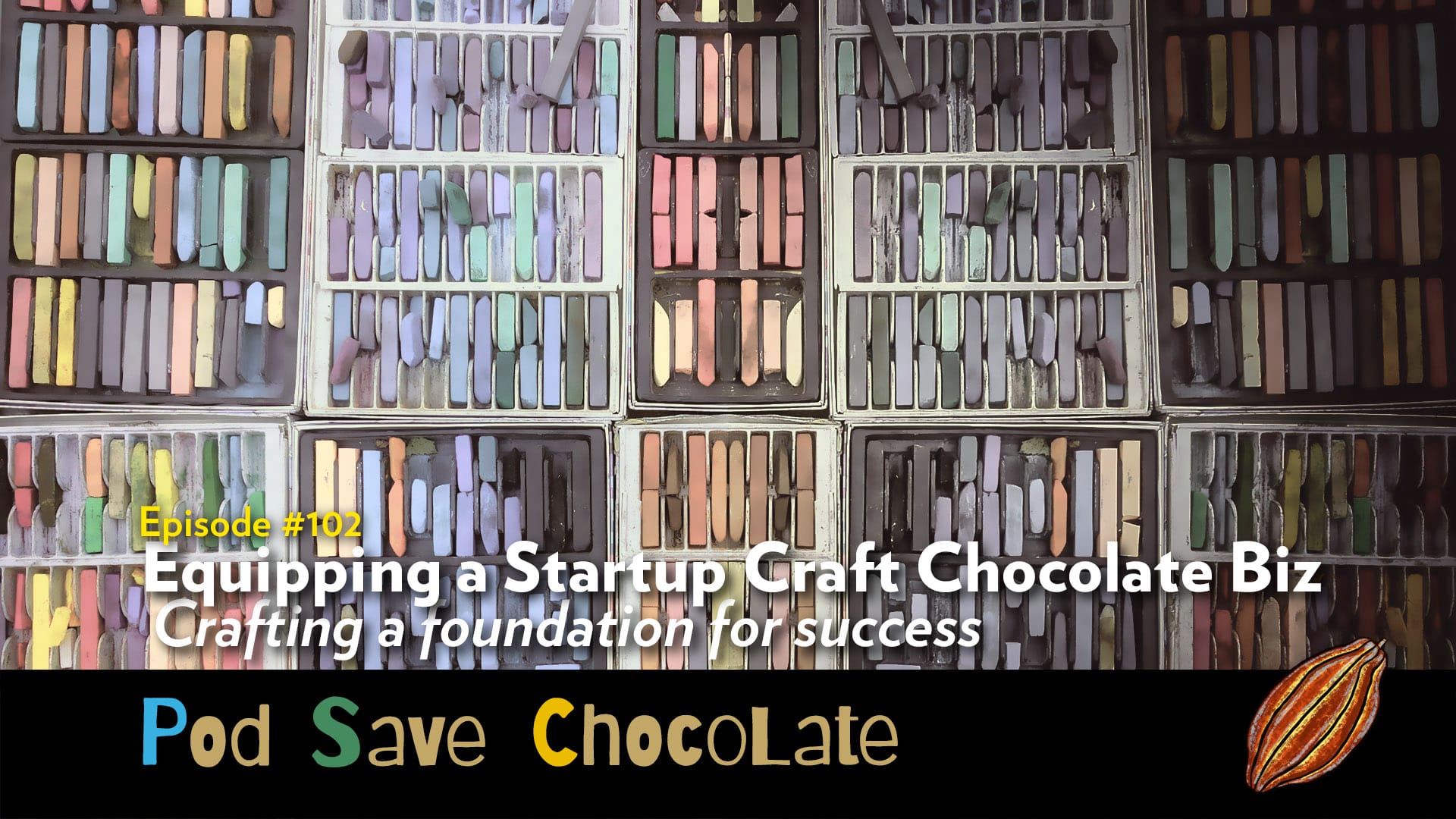
Ep 102 | Friday February 21st
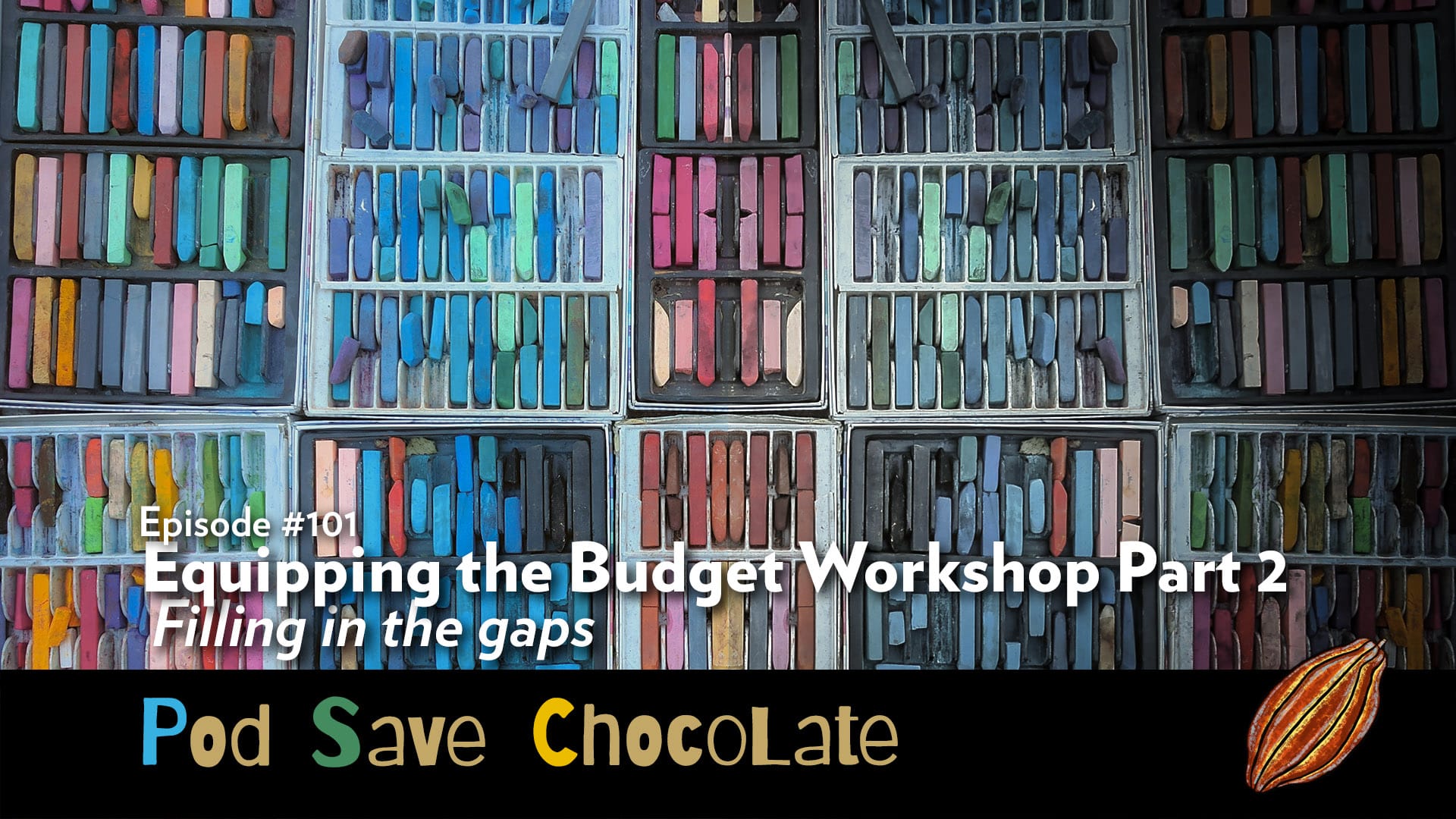
Ep 101 | Tuesday February 18th
»» Episodes 1-100 ⬇️ ««
November 17th 2023 – February 14th, 2025
Splitting up the archive makes page loading much faster. Click the card below to visit the page for episodes 1-100.
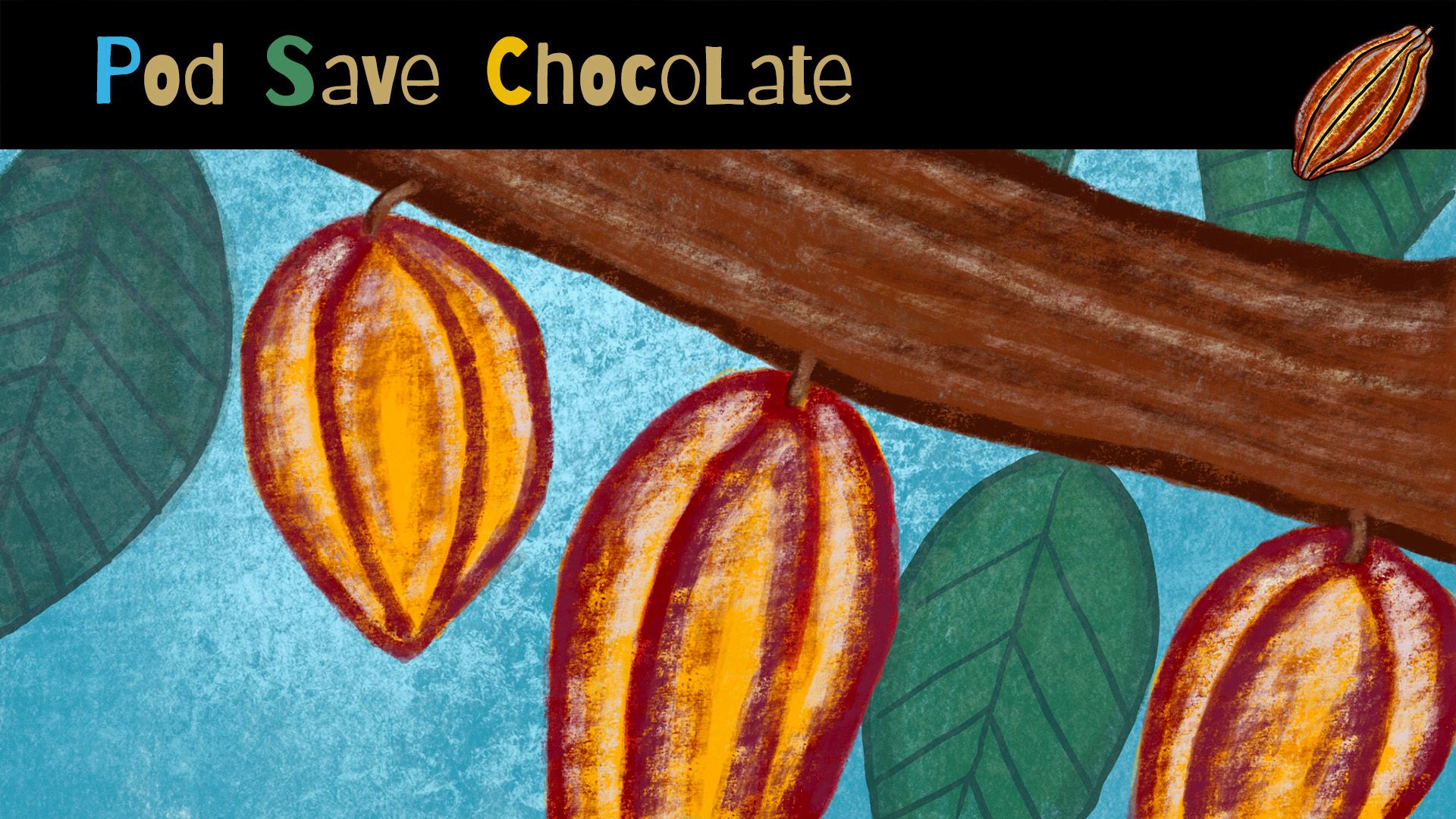
Episodes 1-100
#PodSaveChocolate and #TheChocolateLifeLIVE Archives
To read an archived post and find the links to watch archived episodes, click on the bookmark card, below.

All episodes



















































































